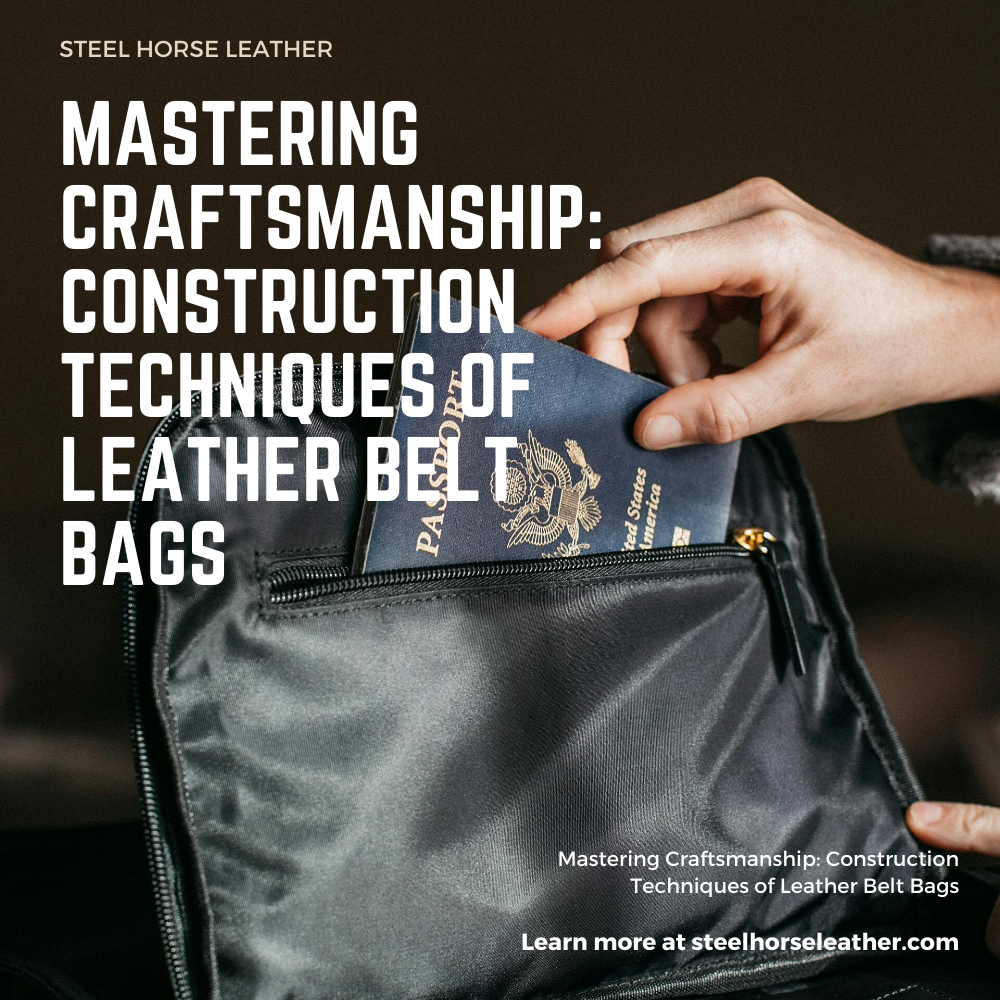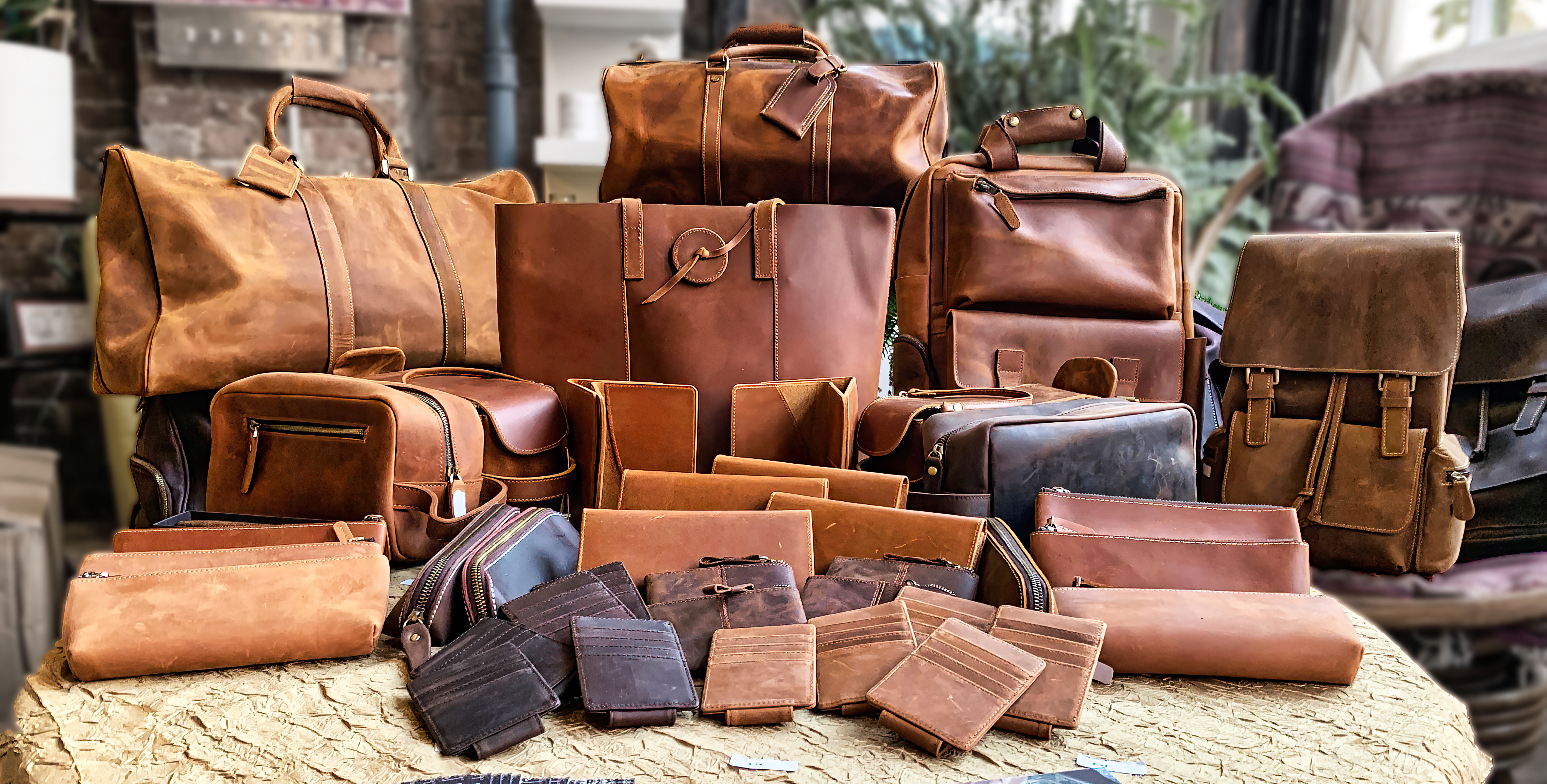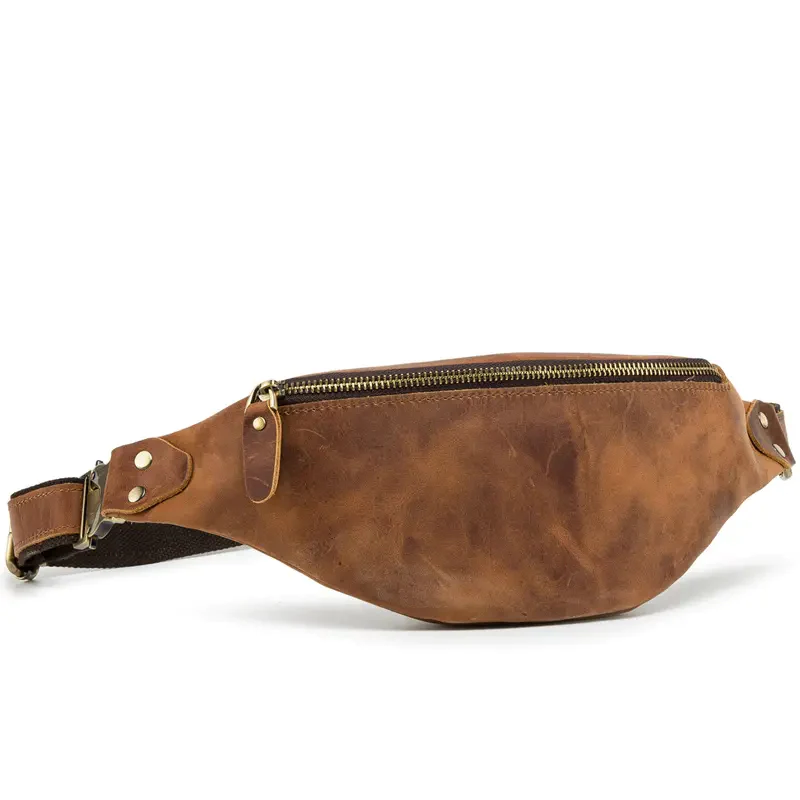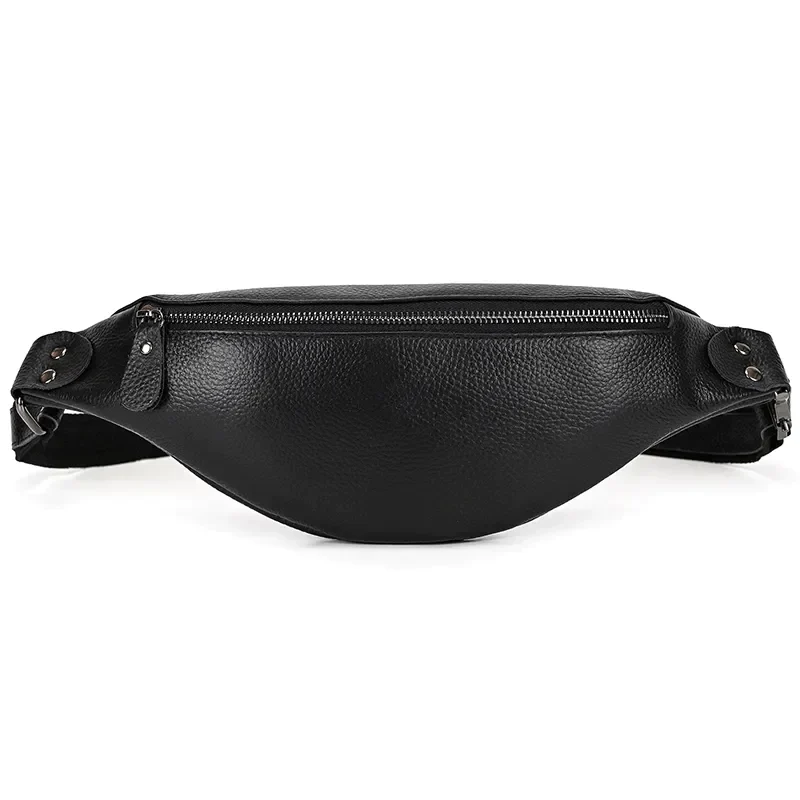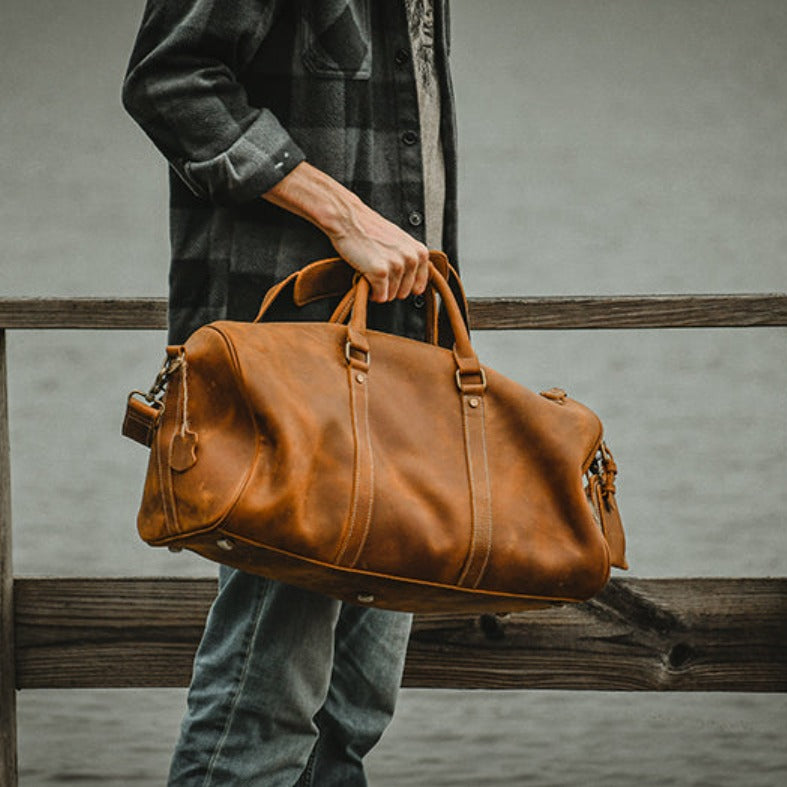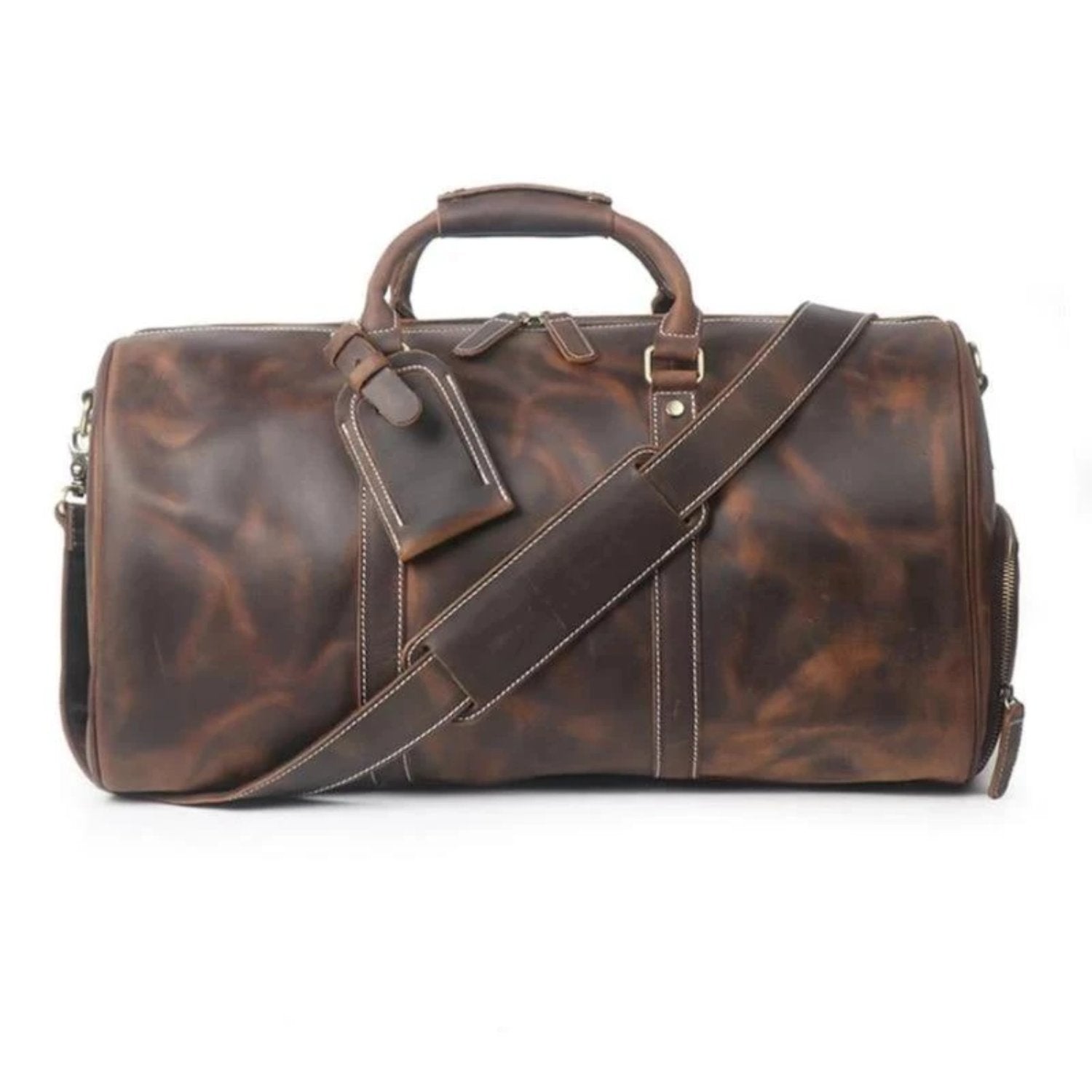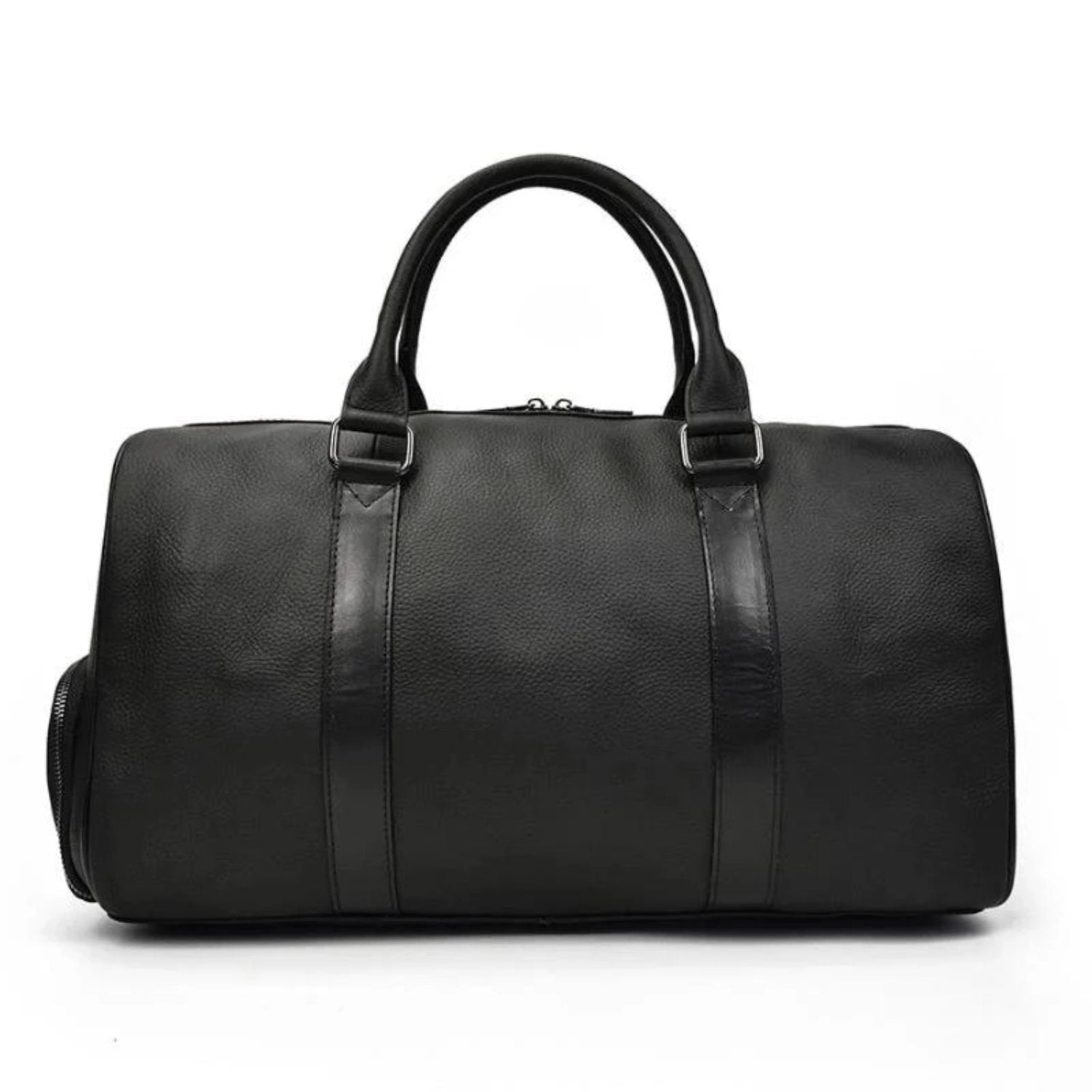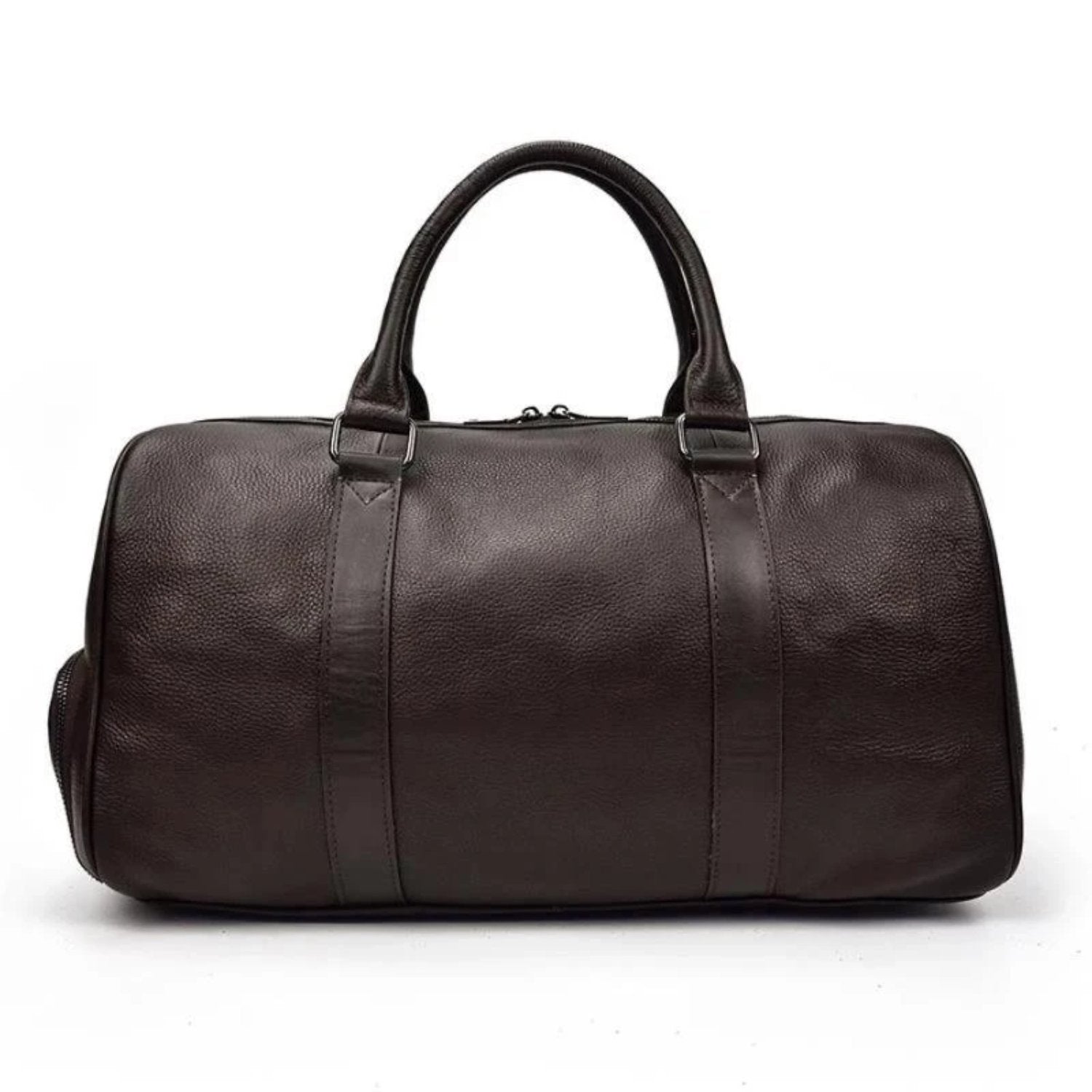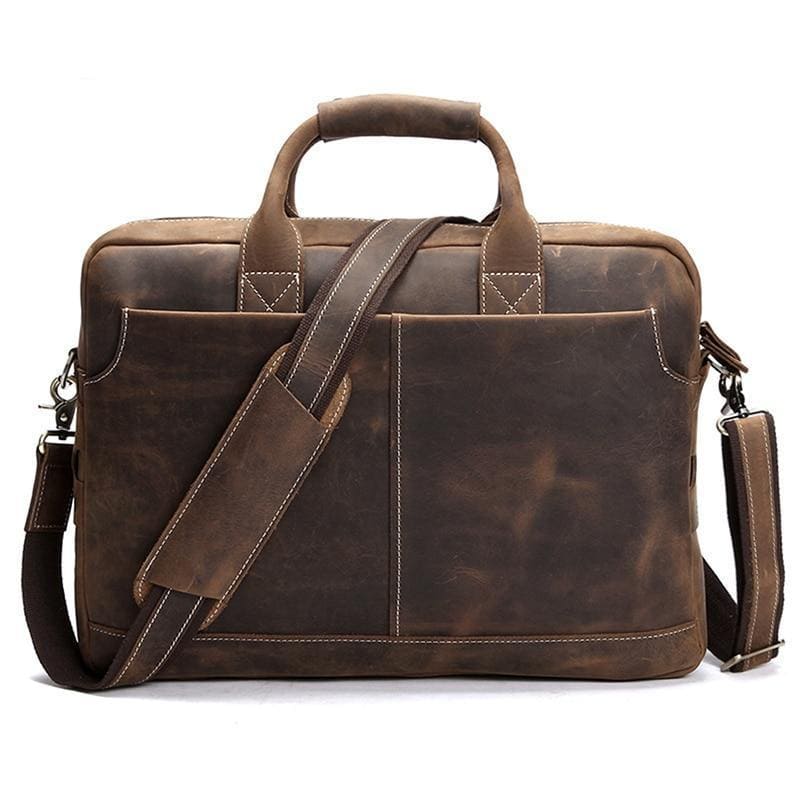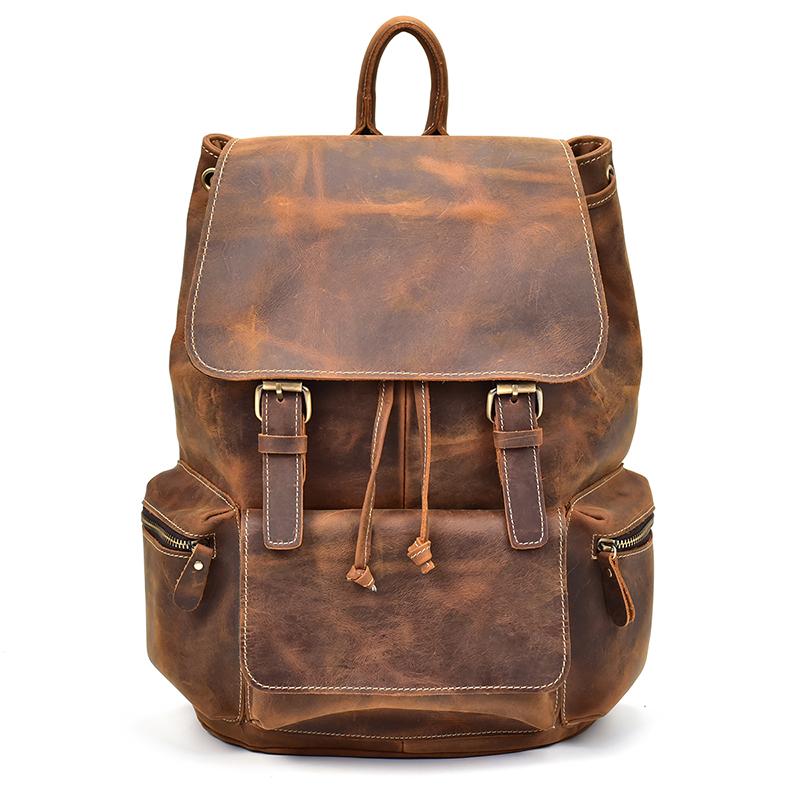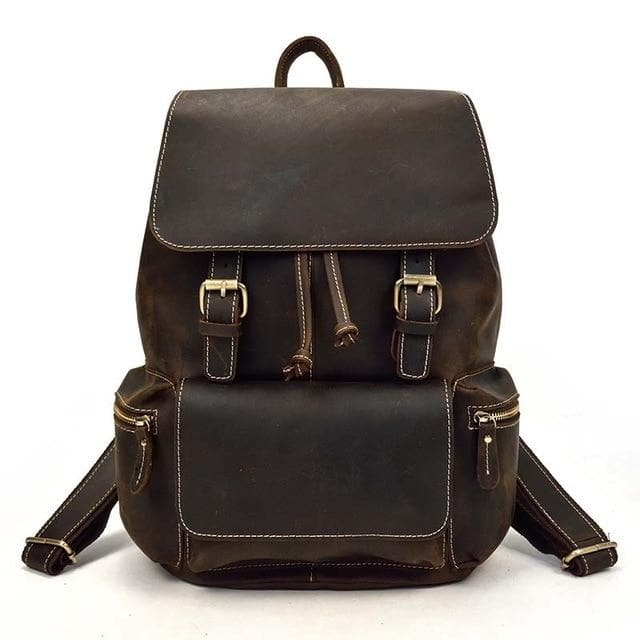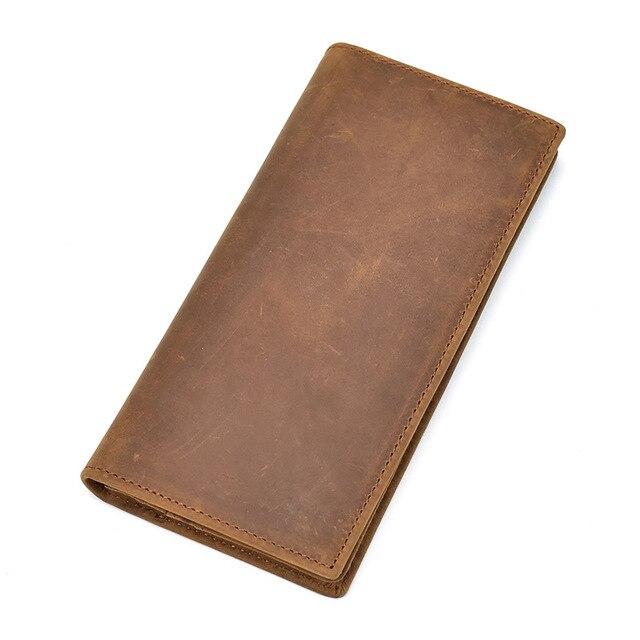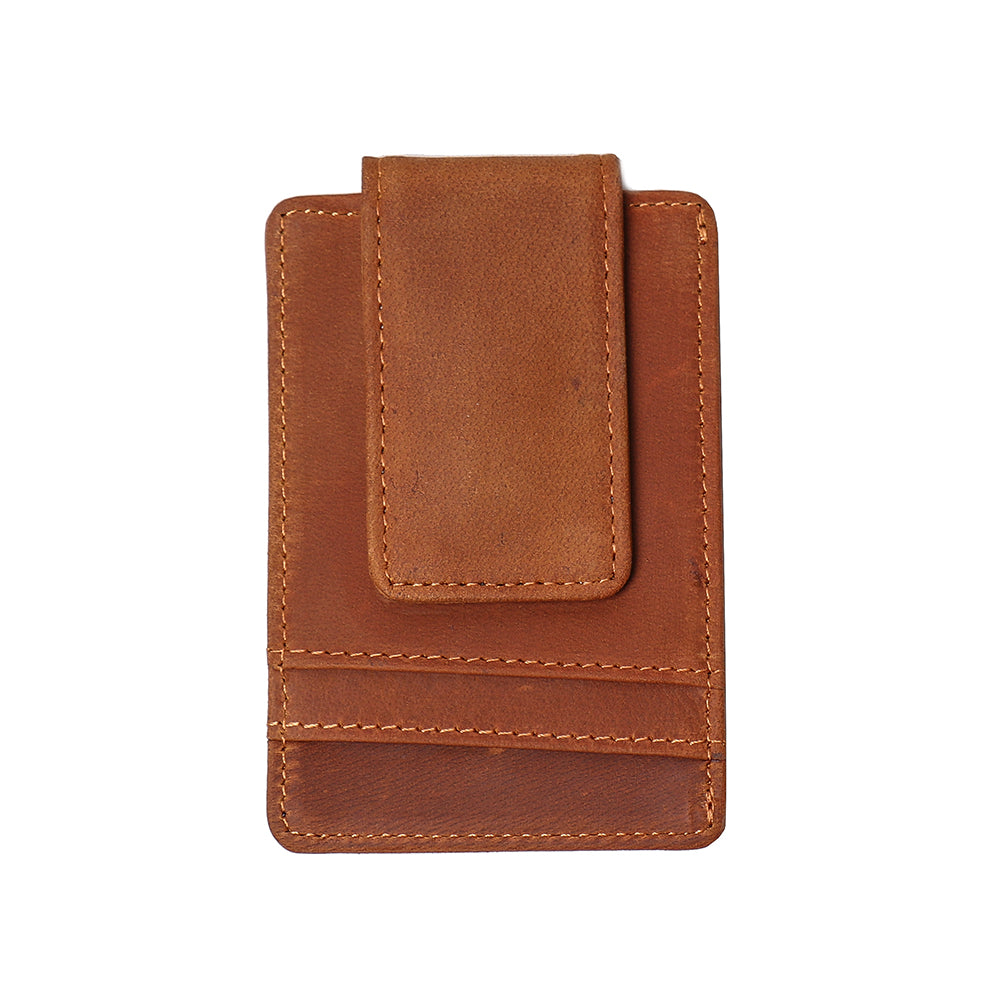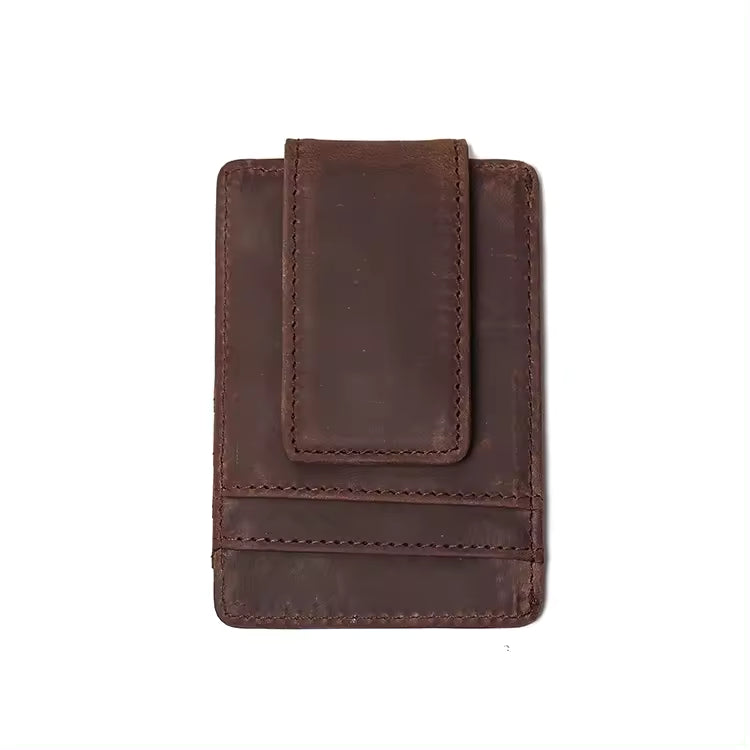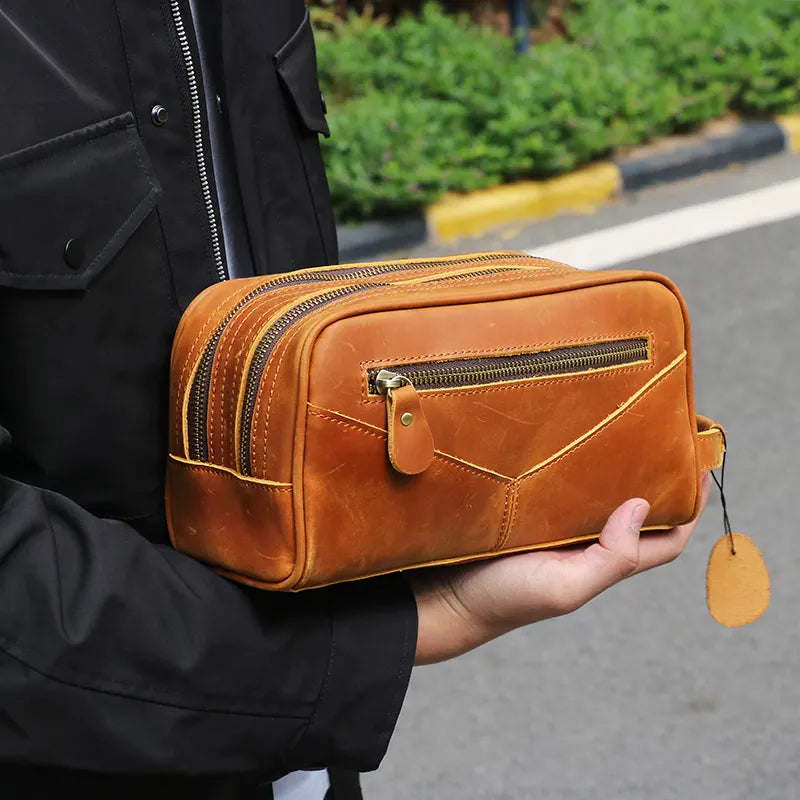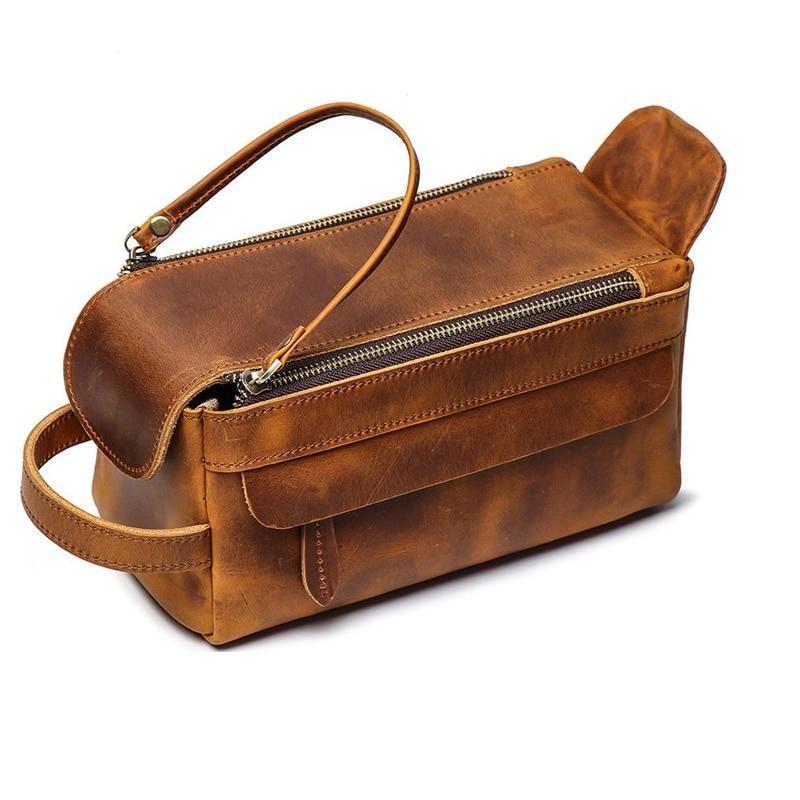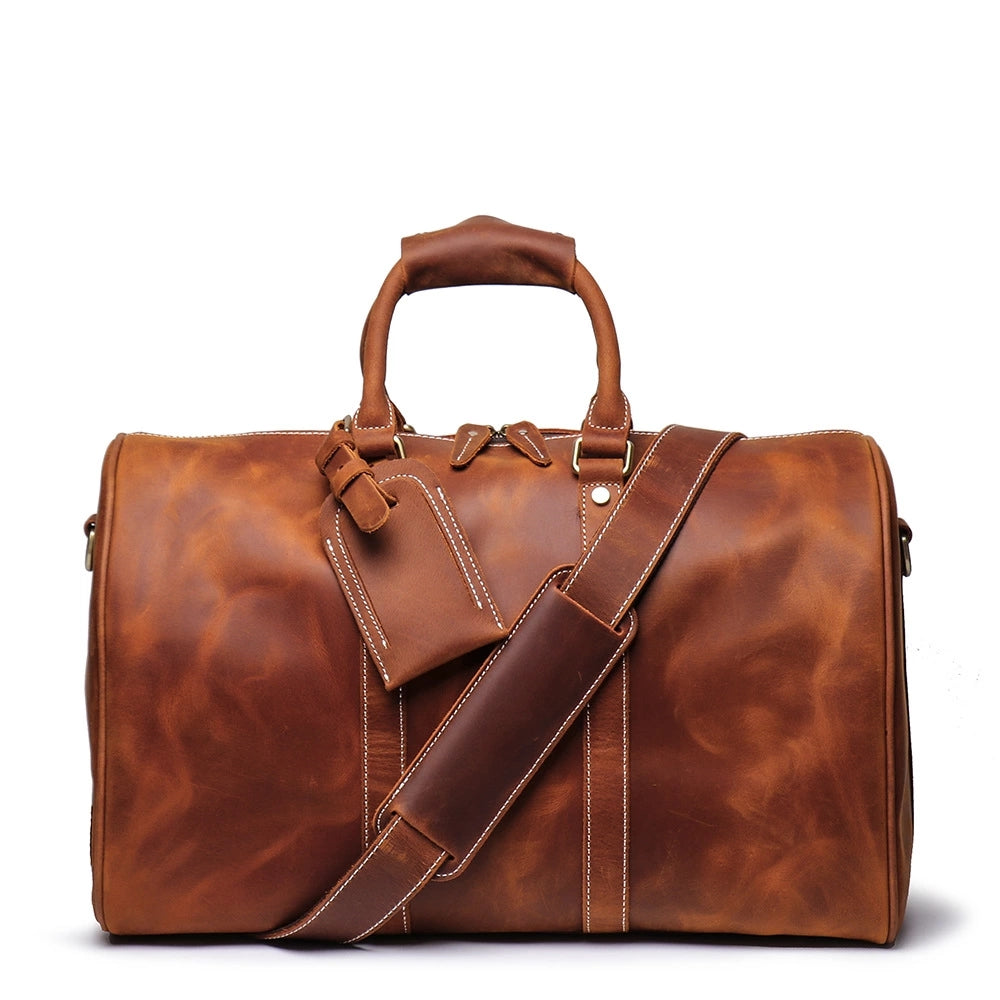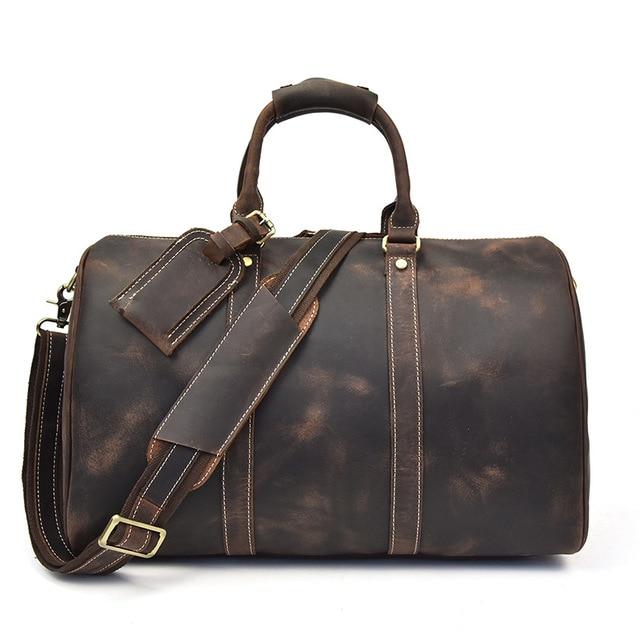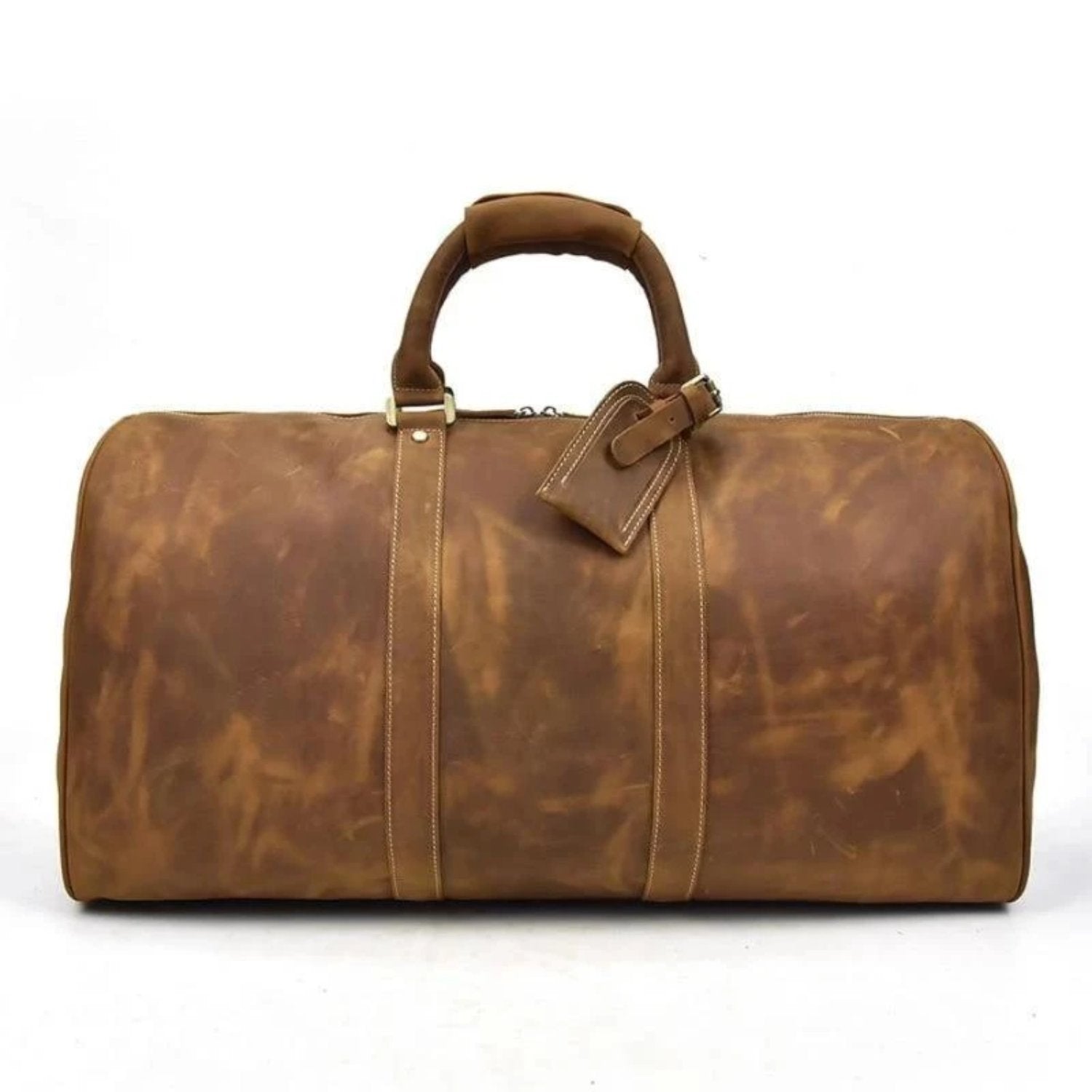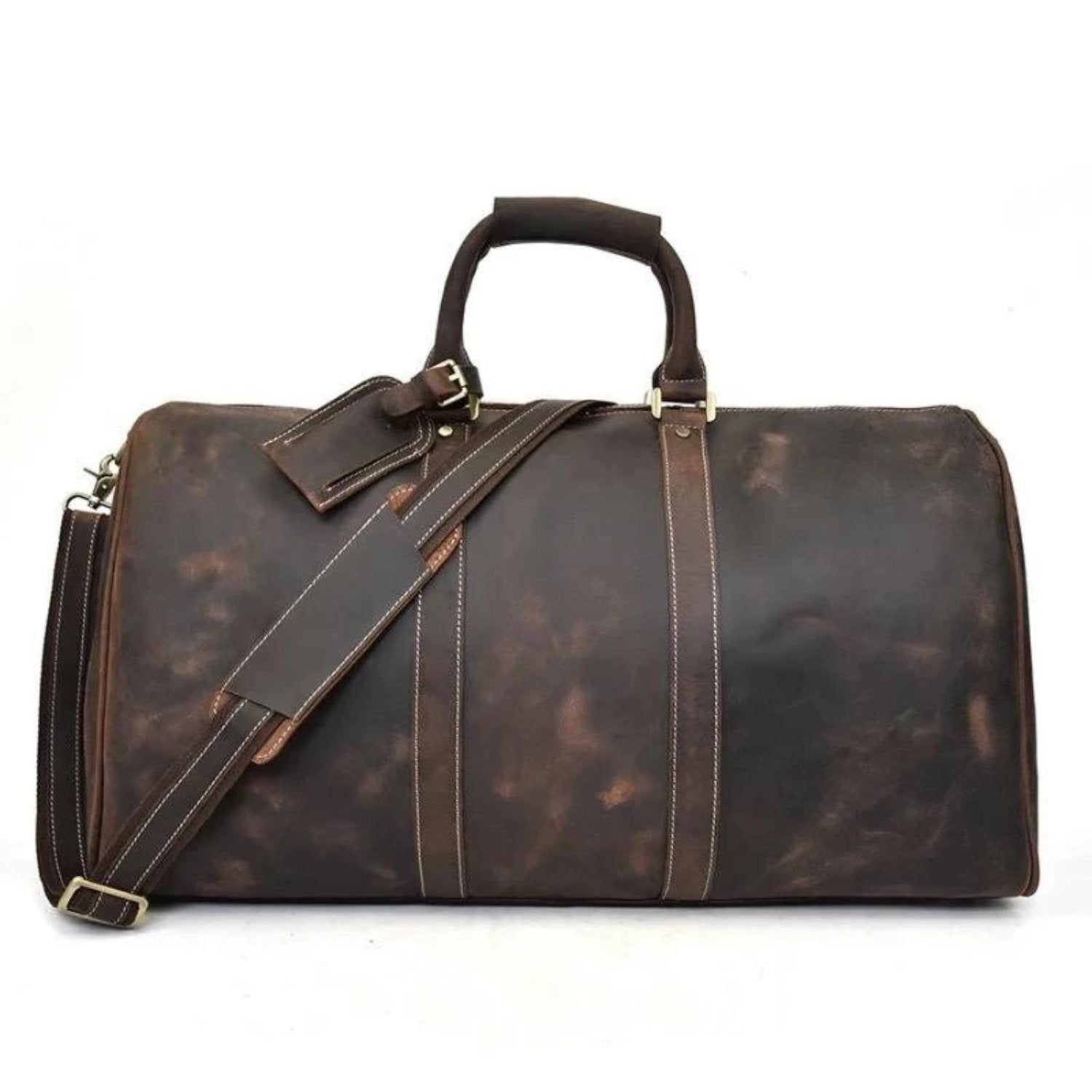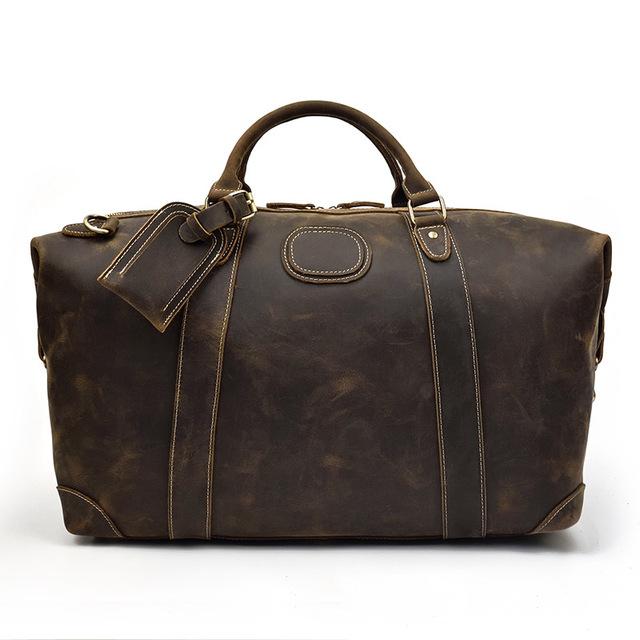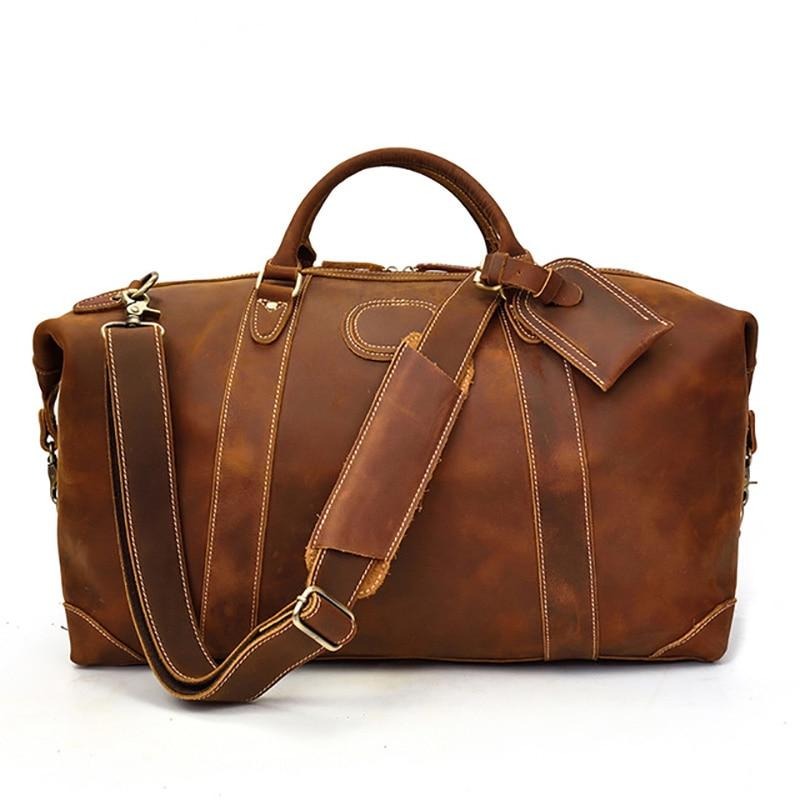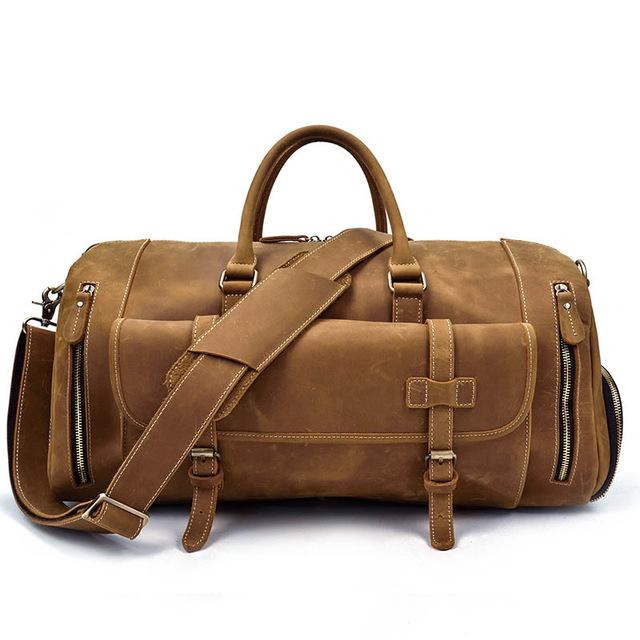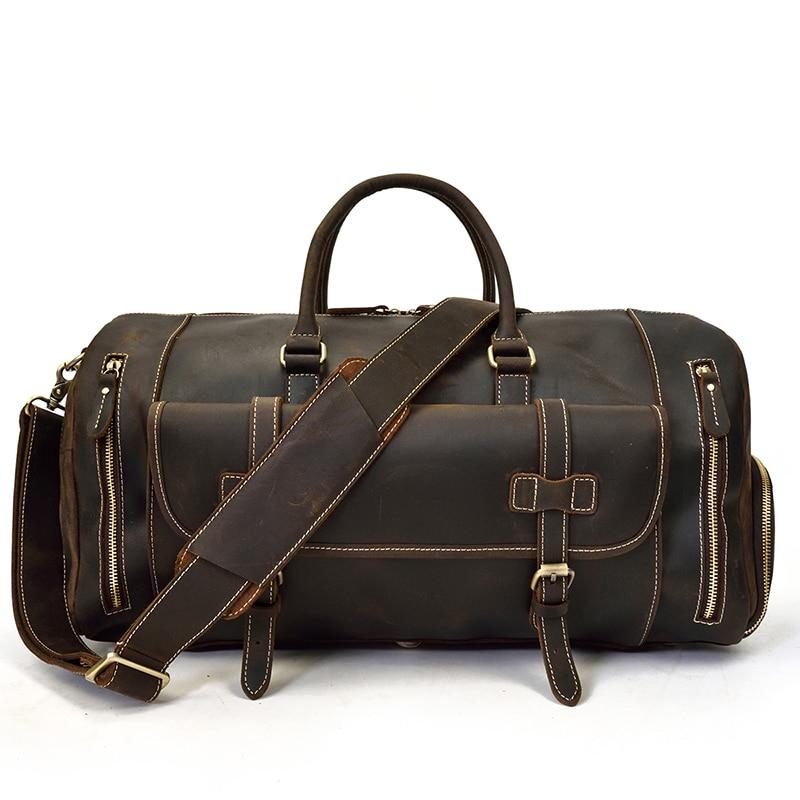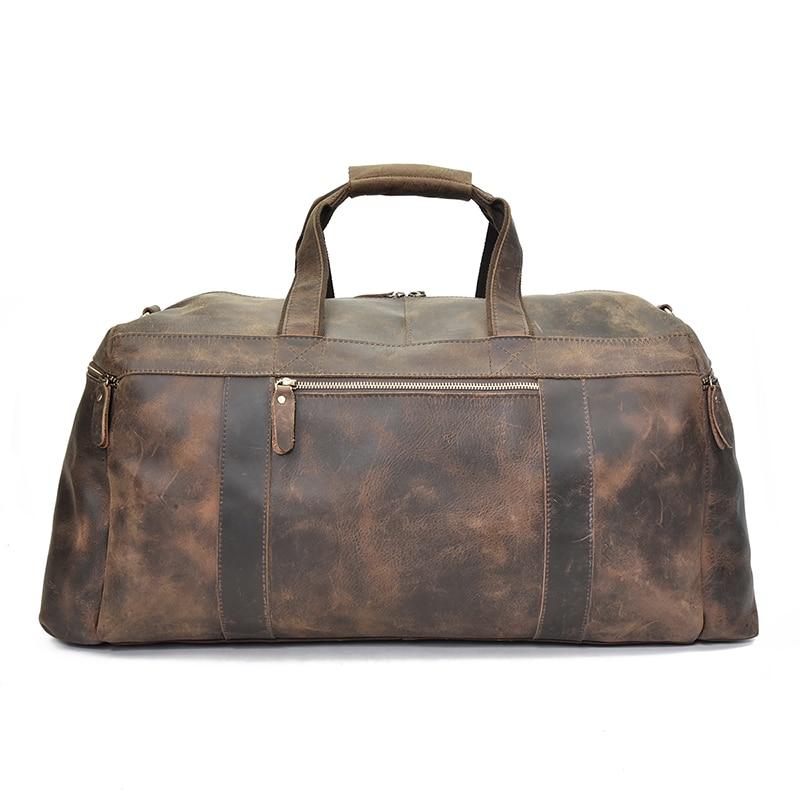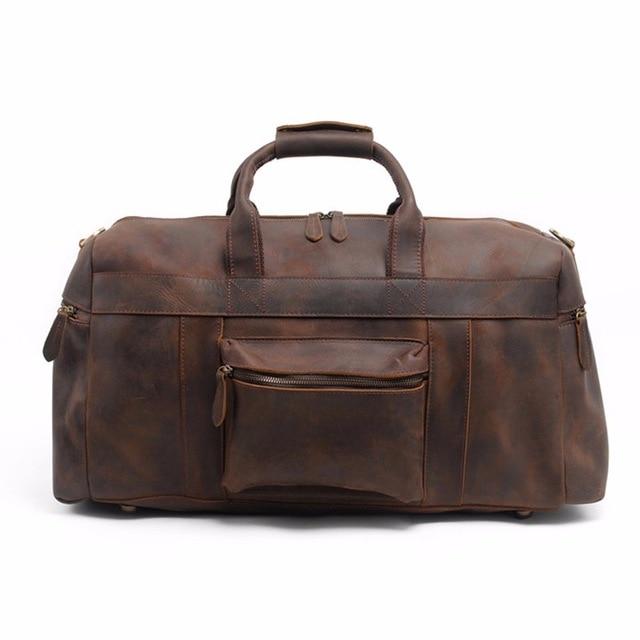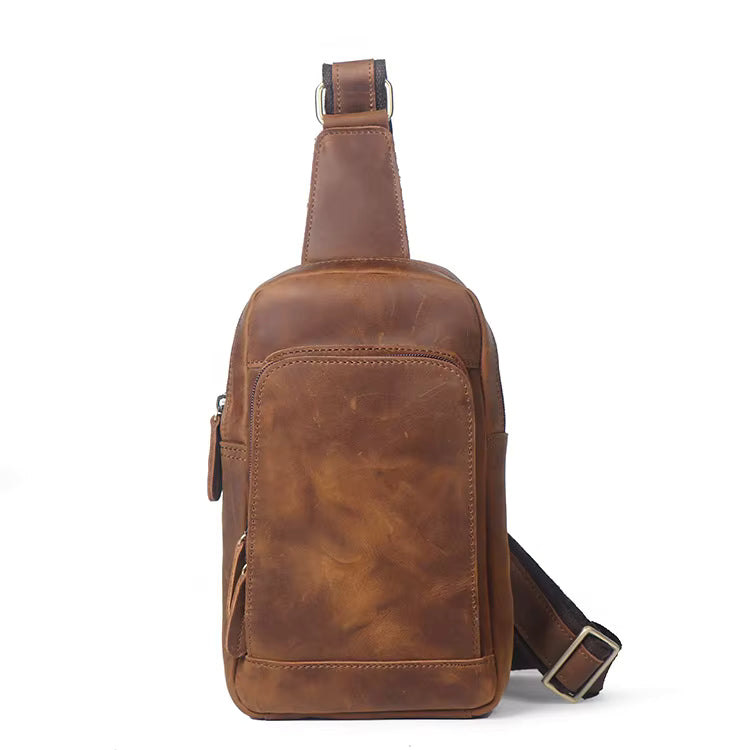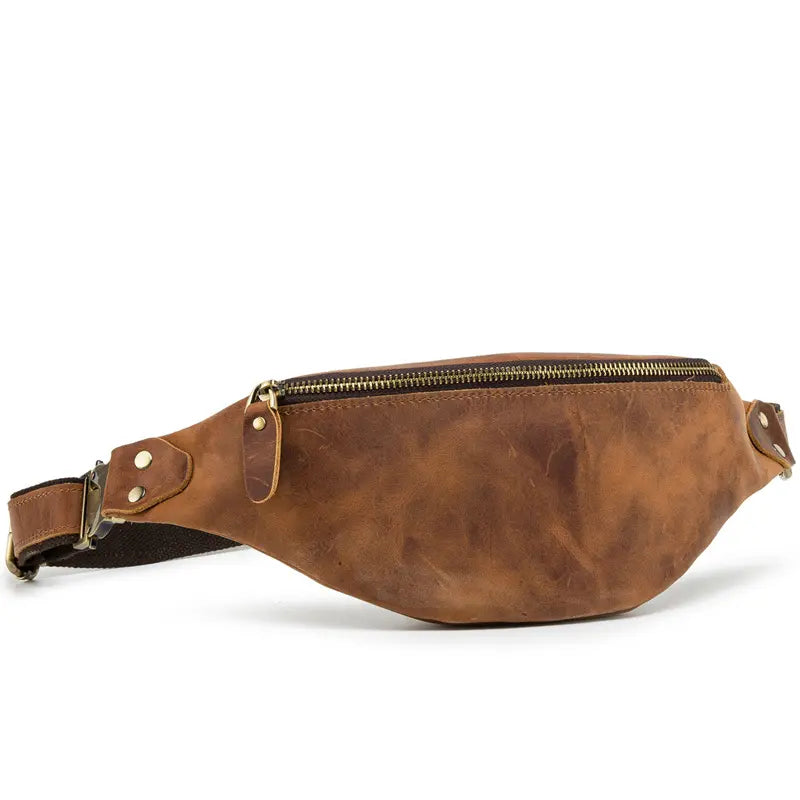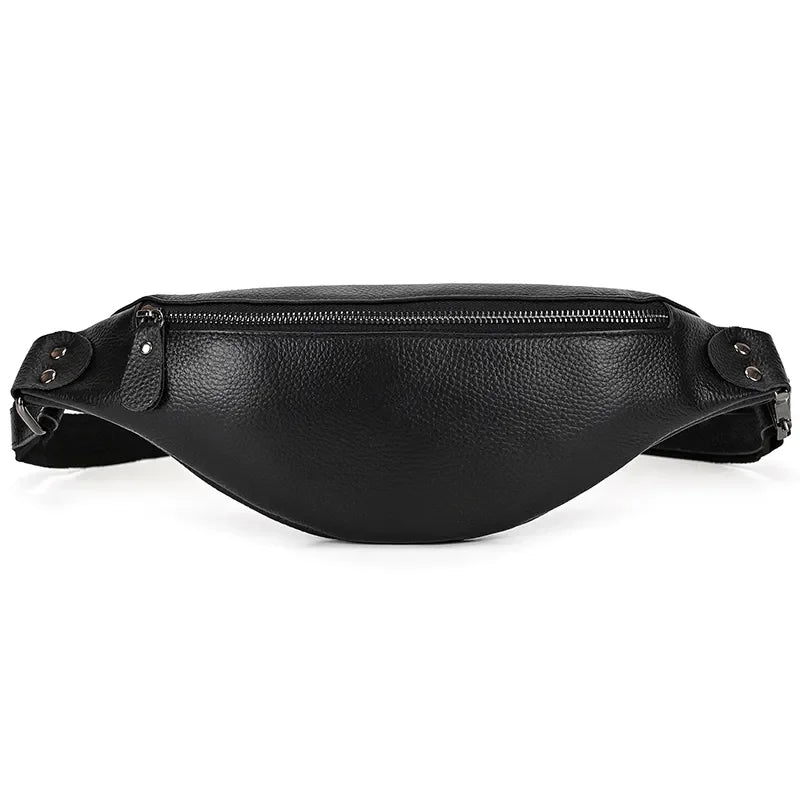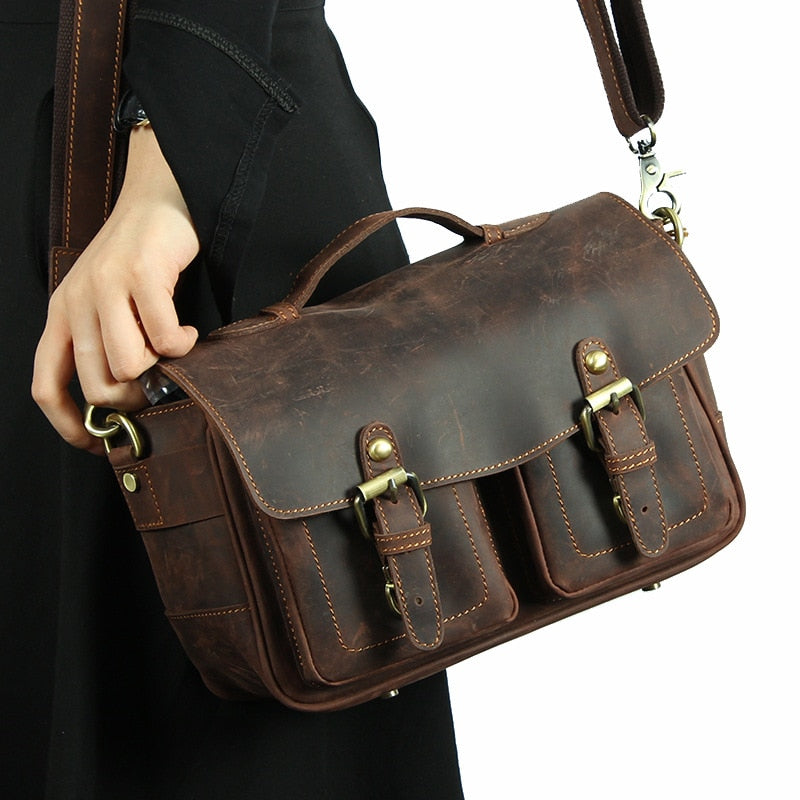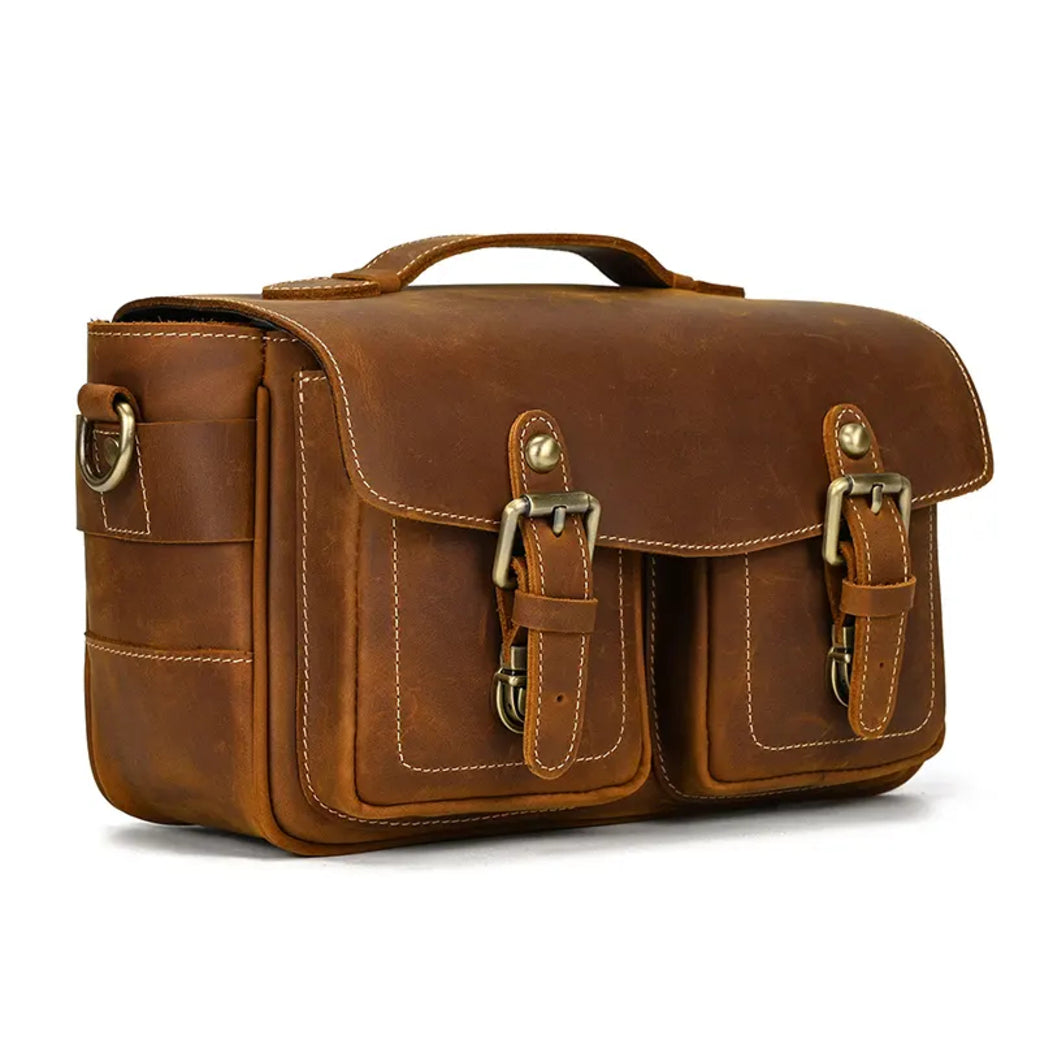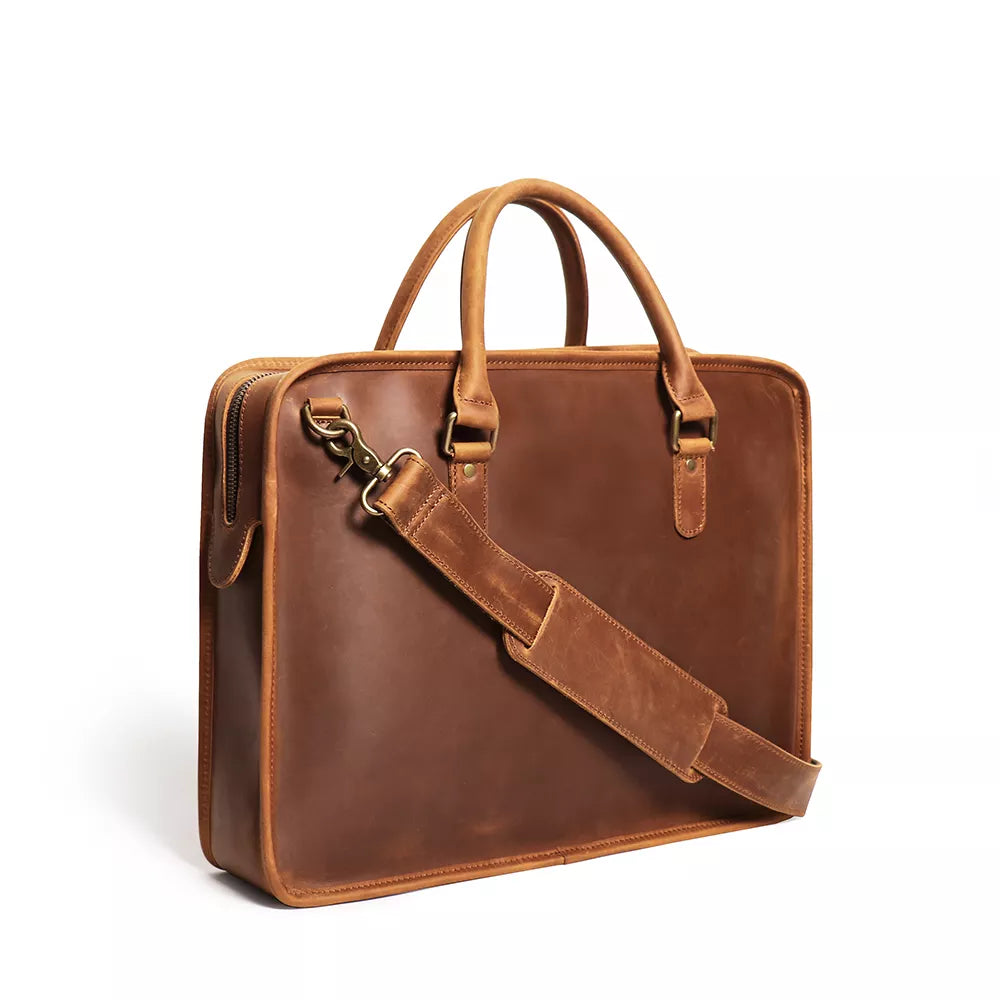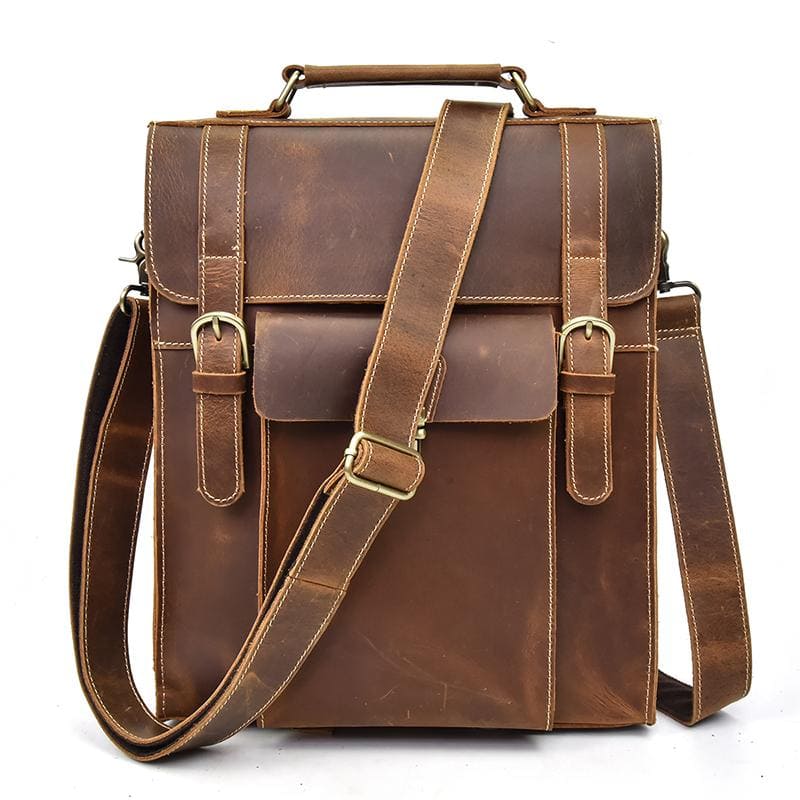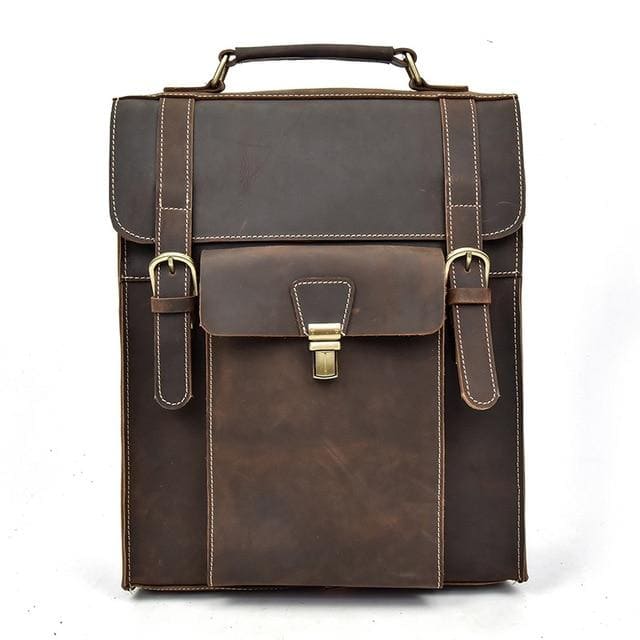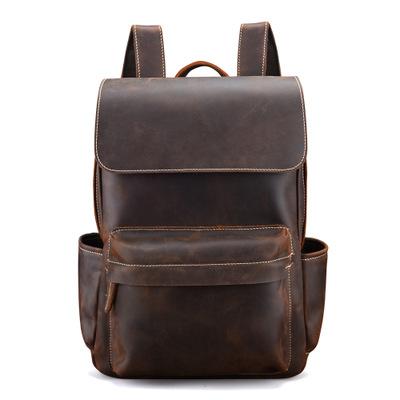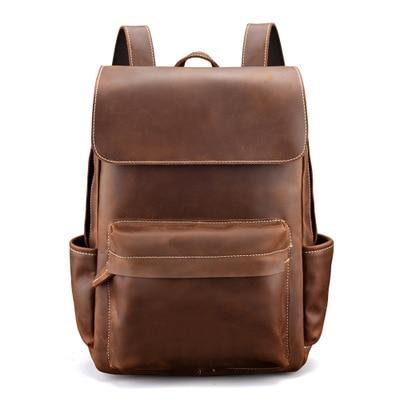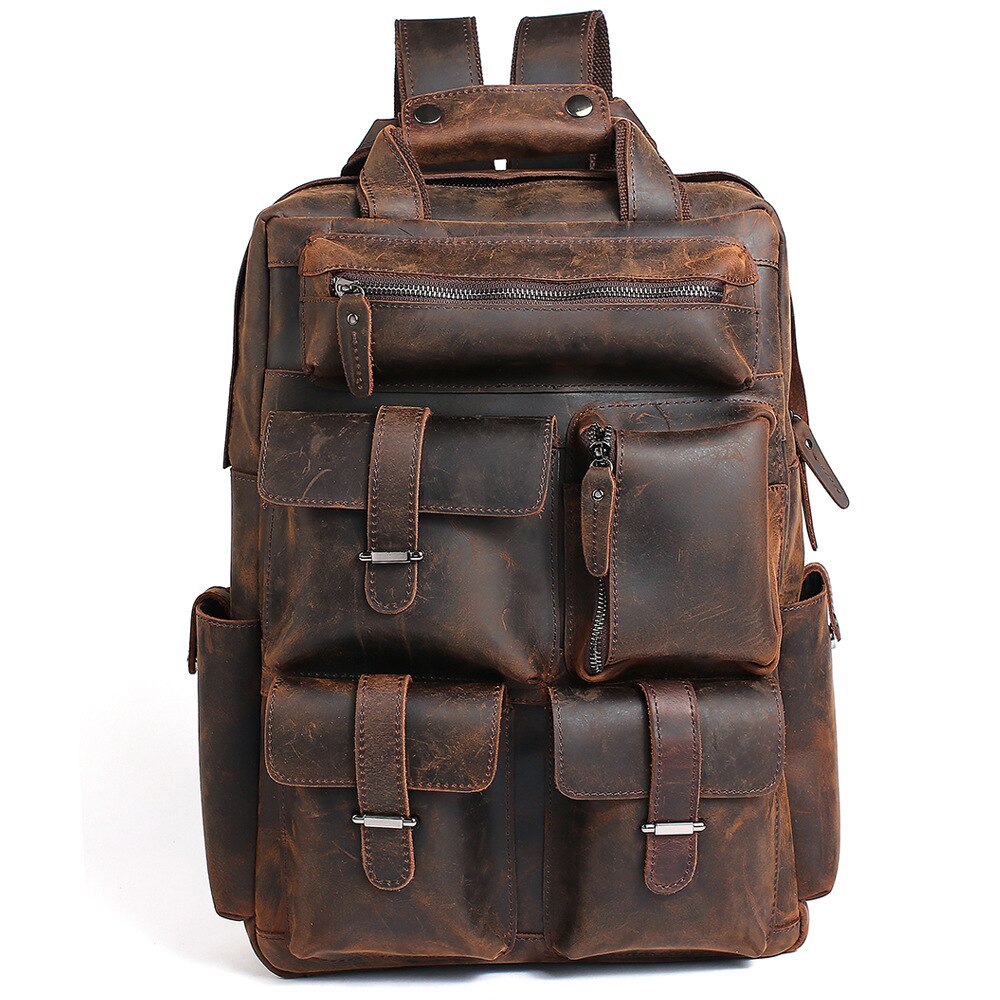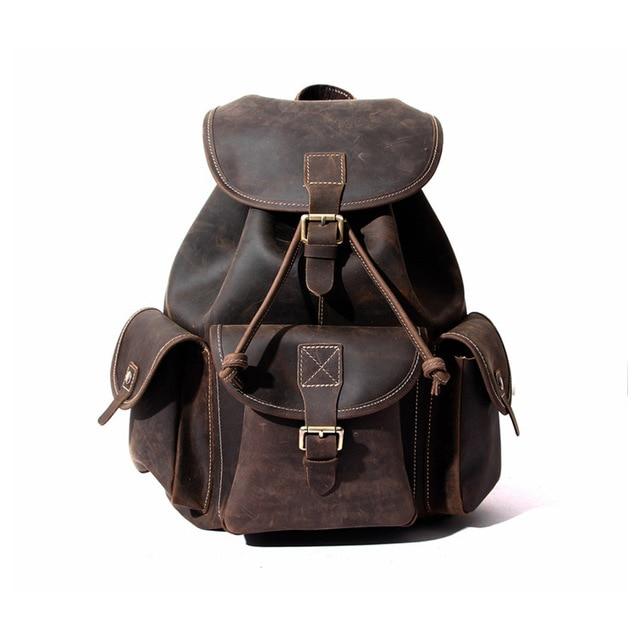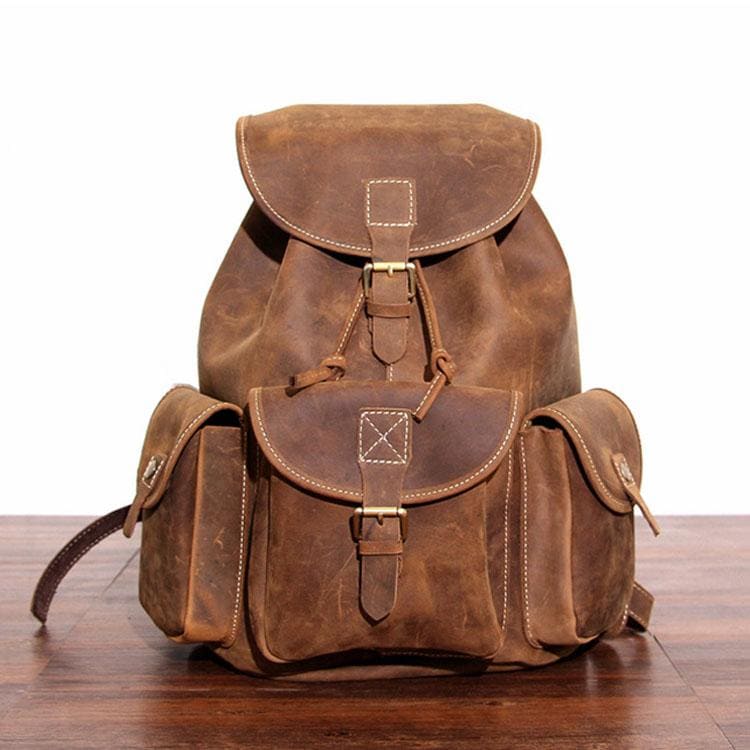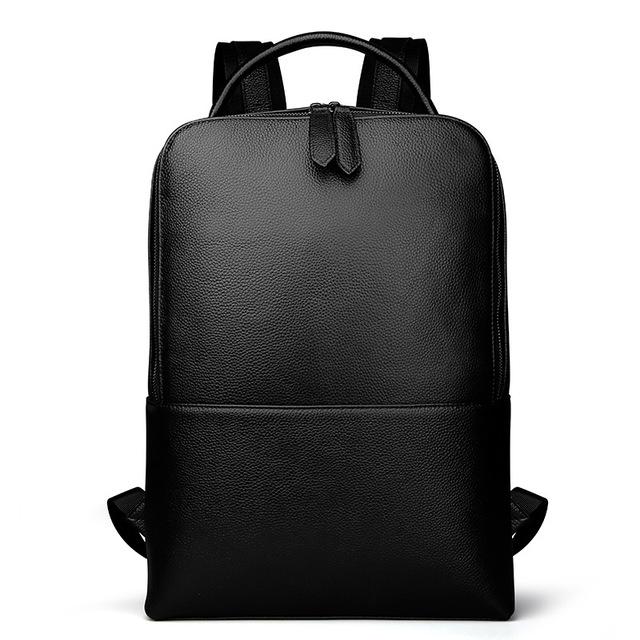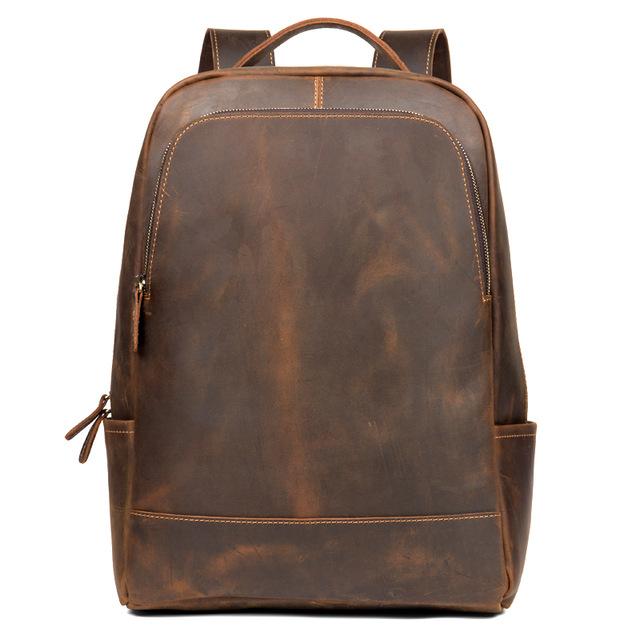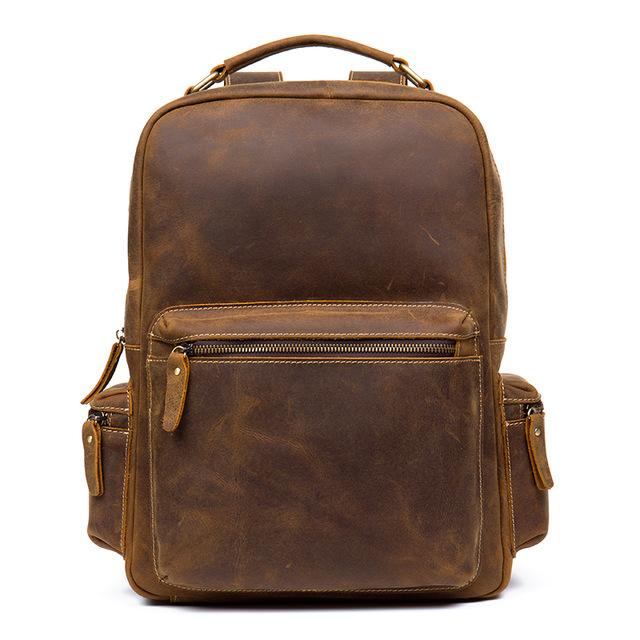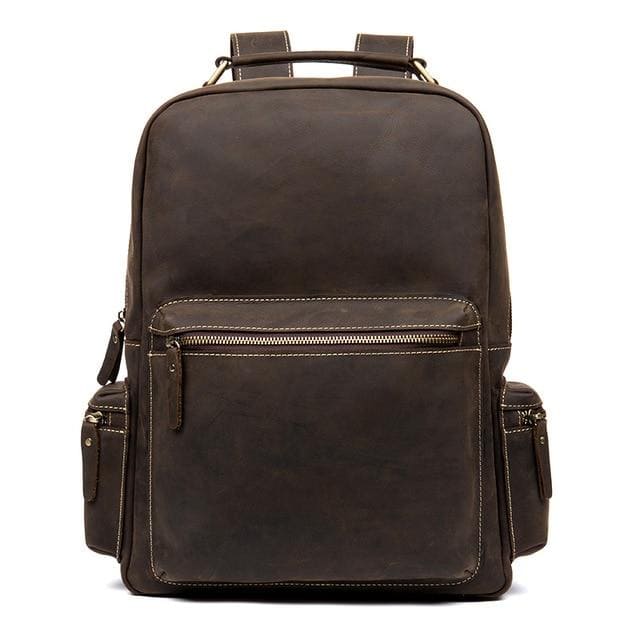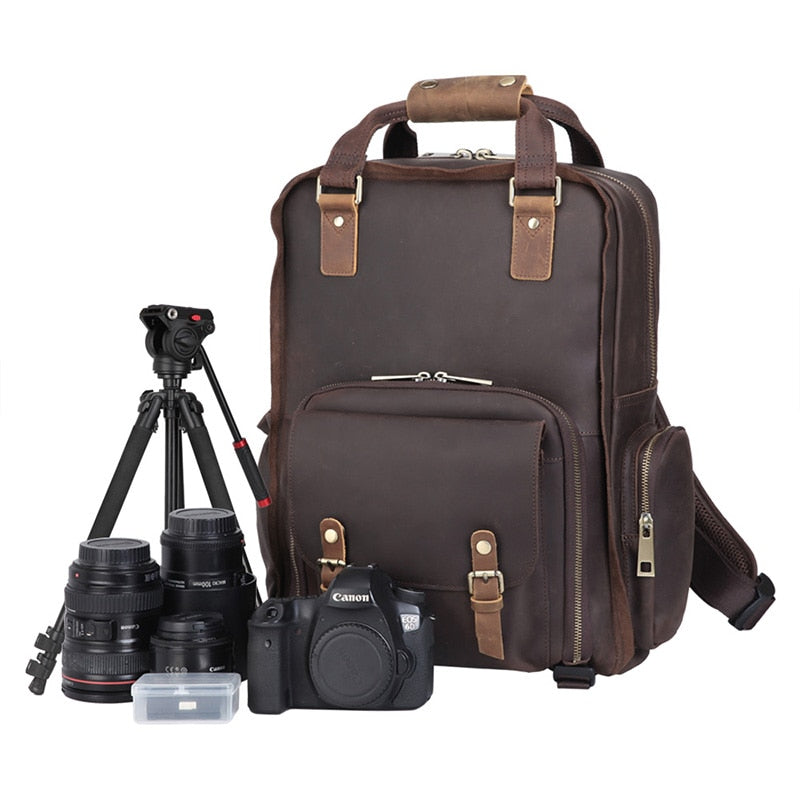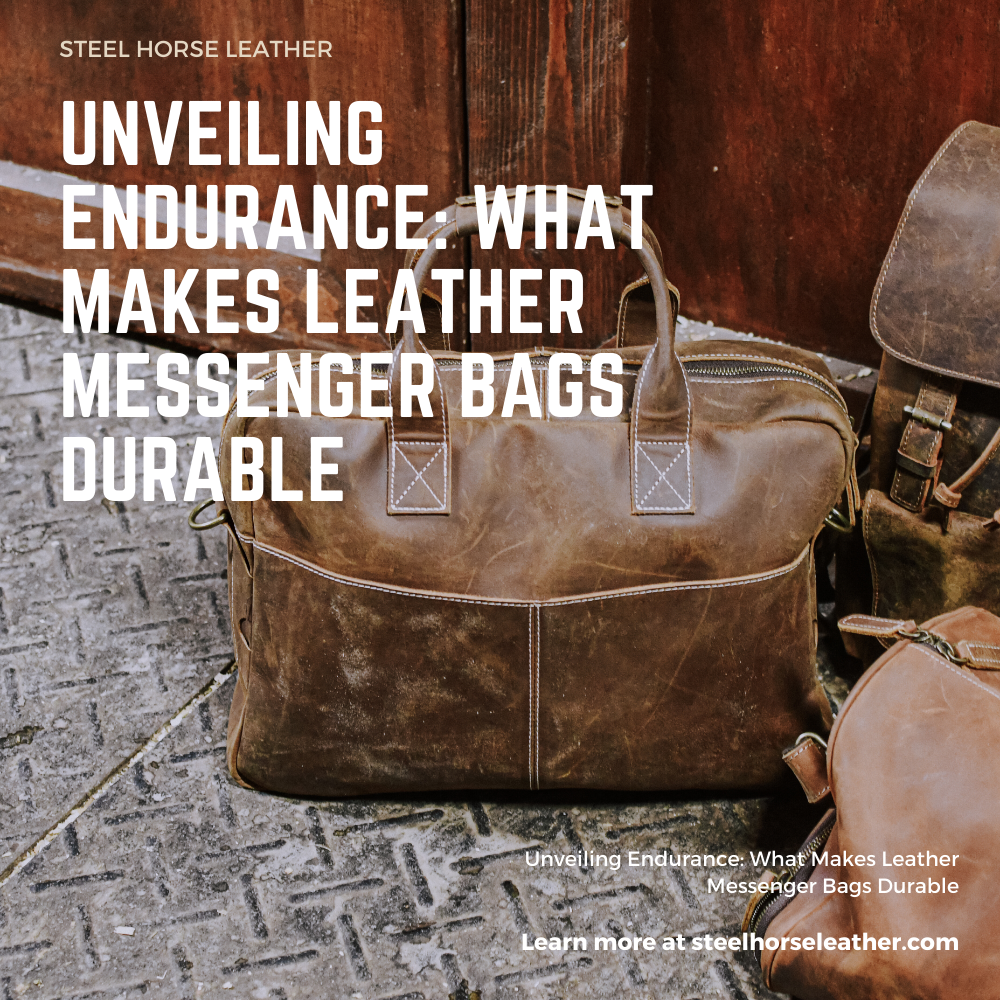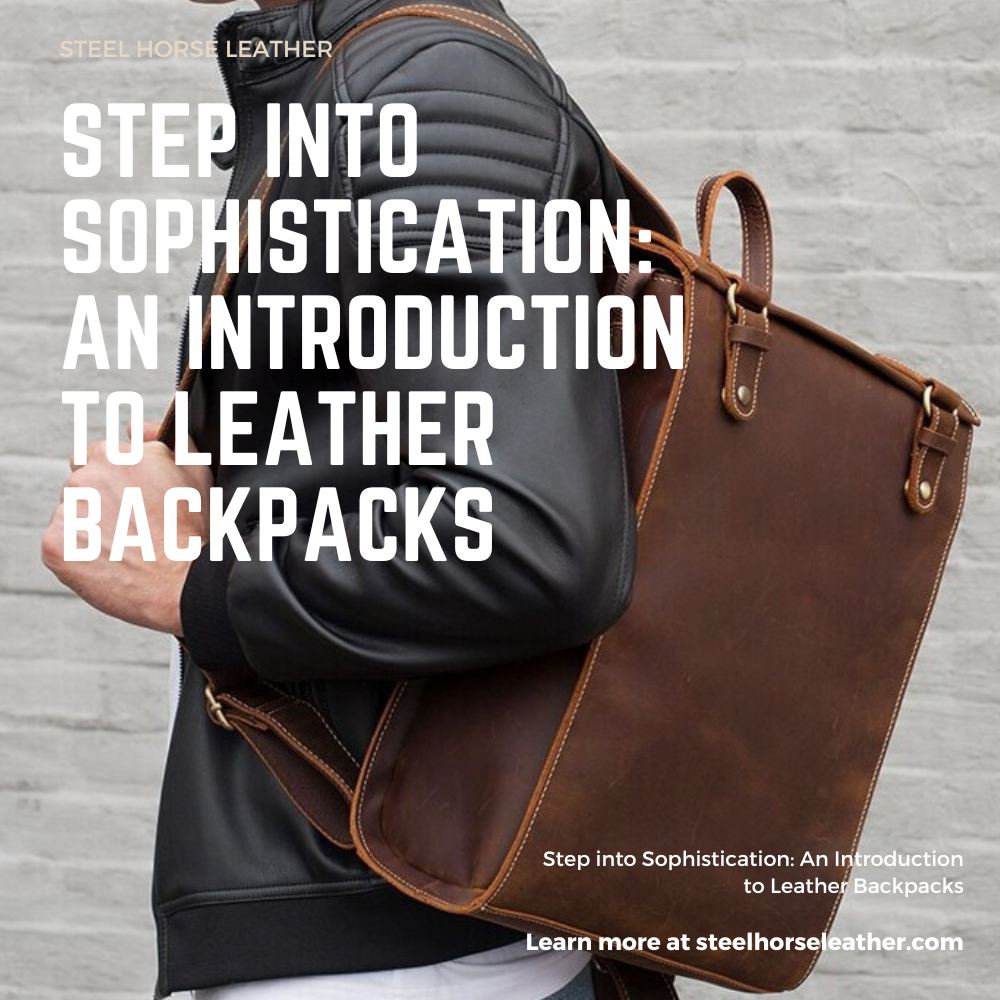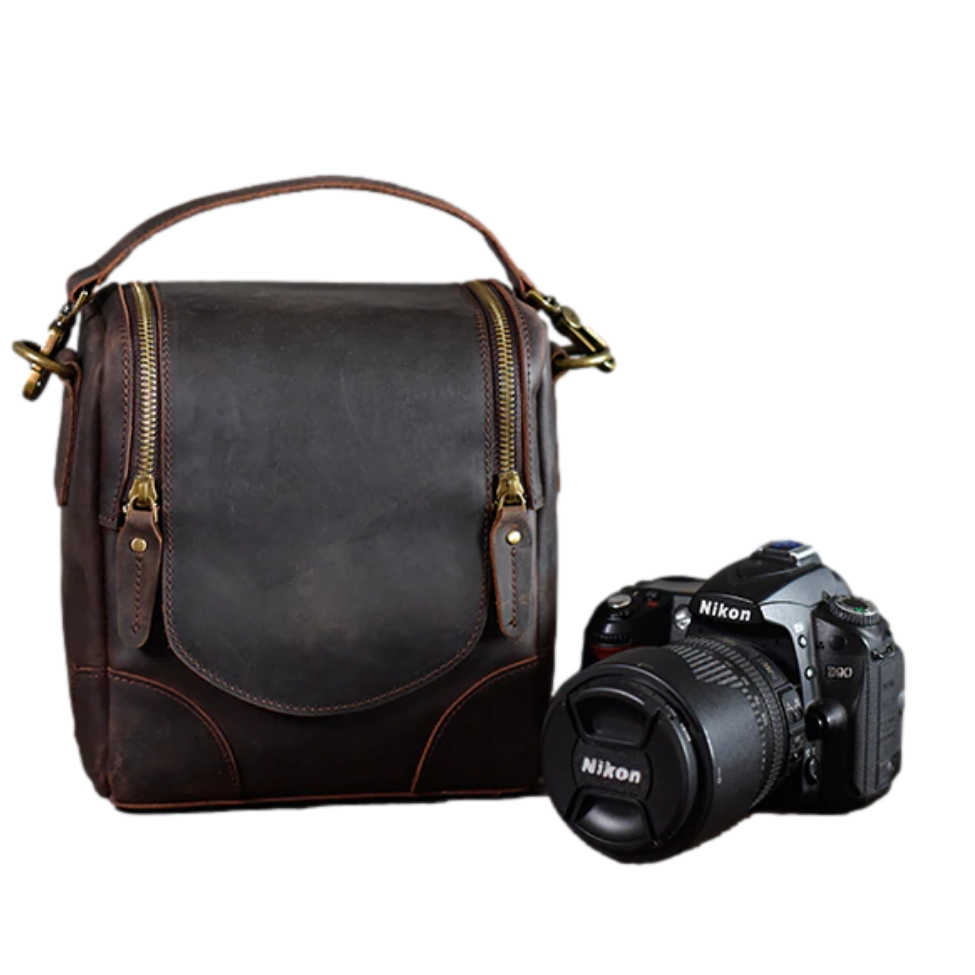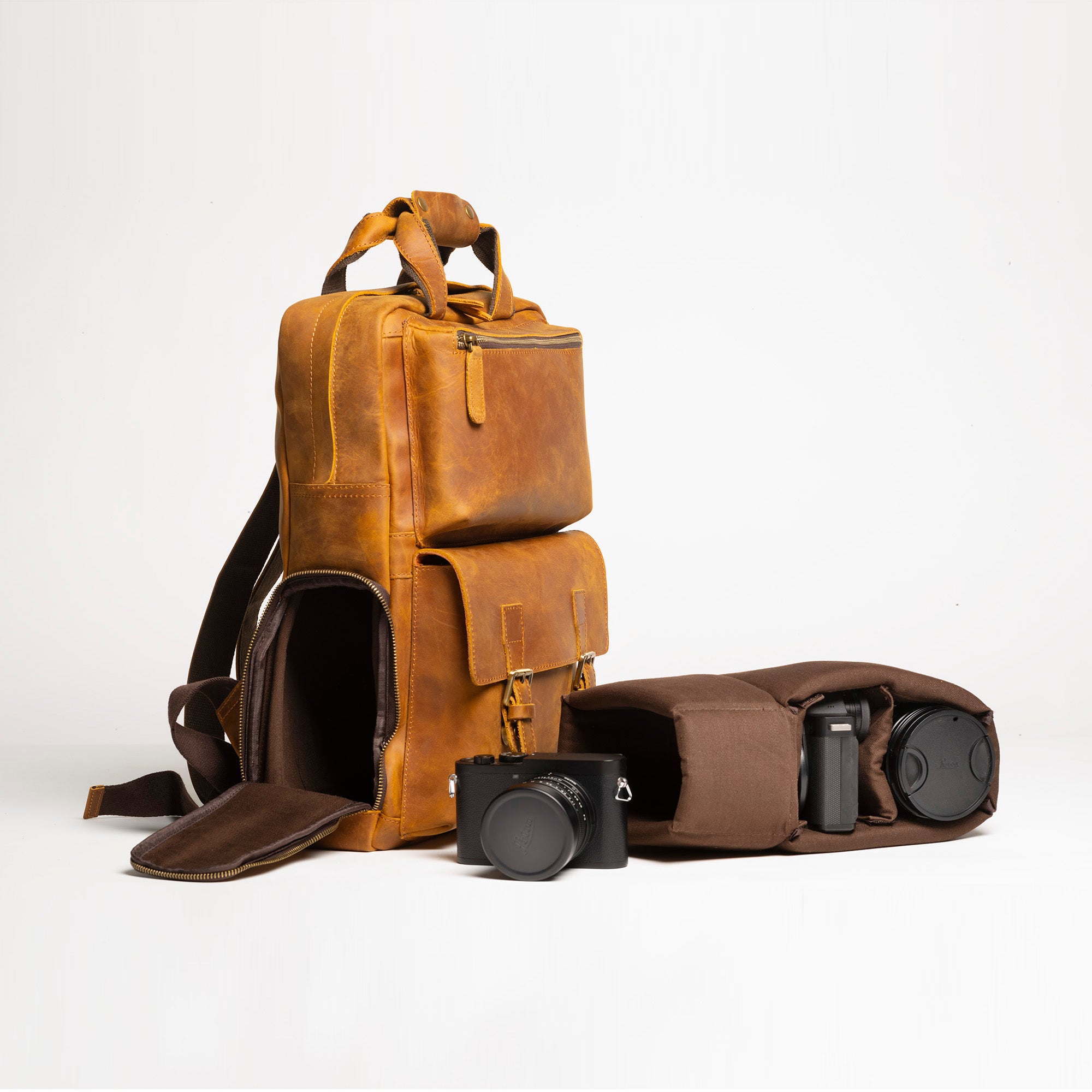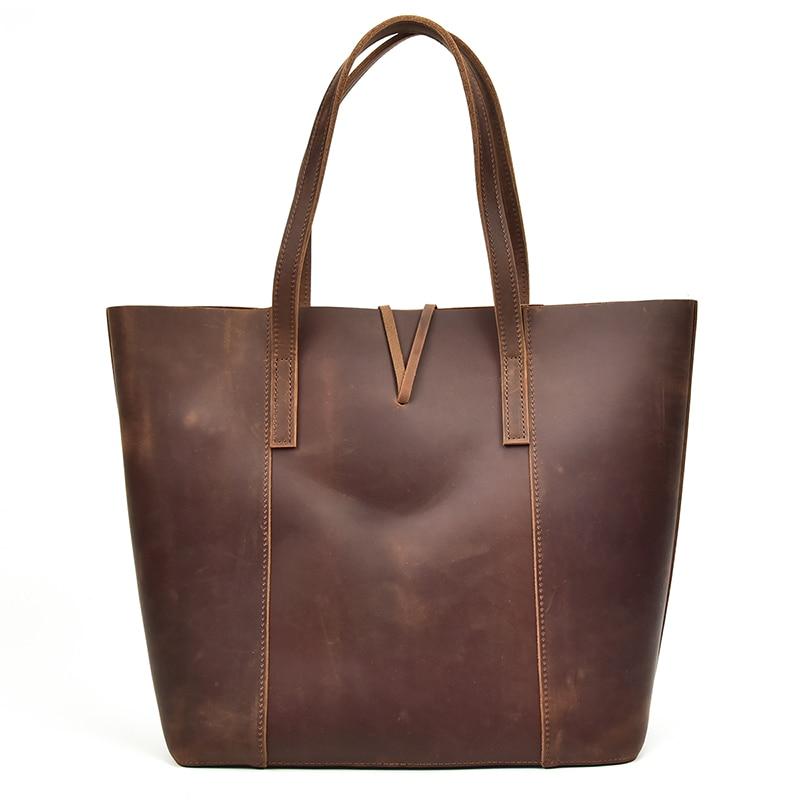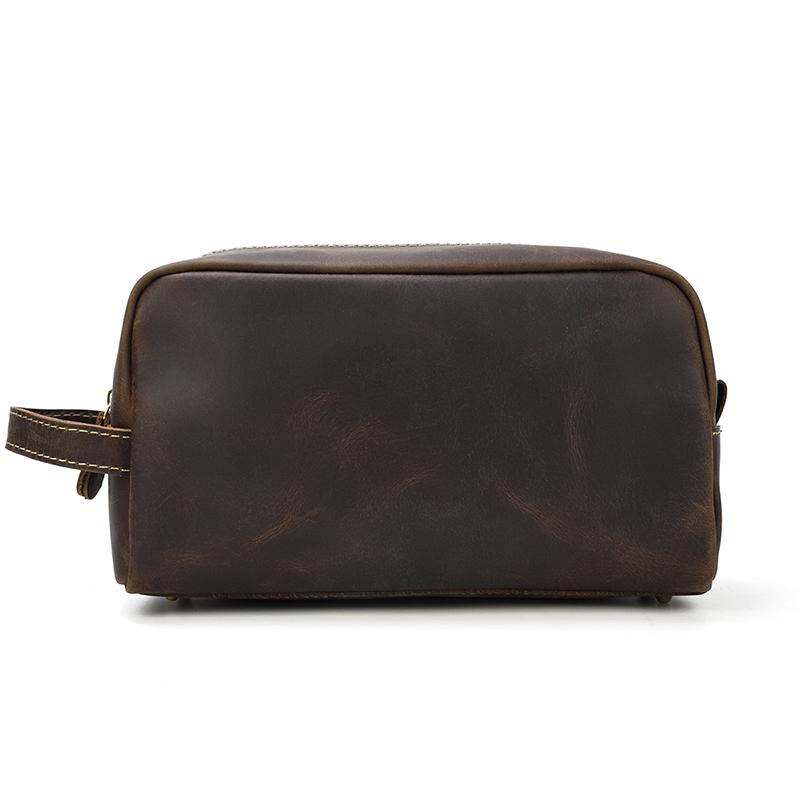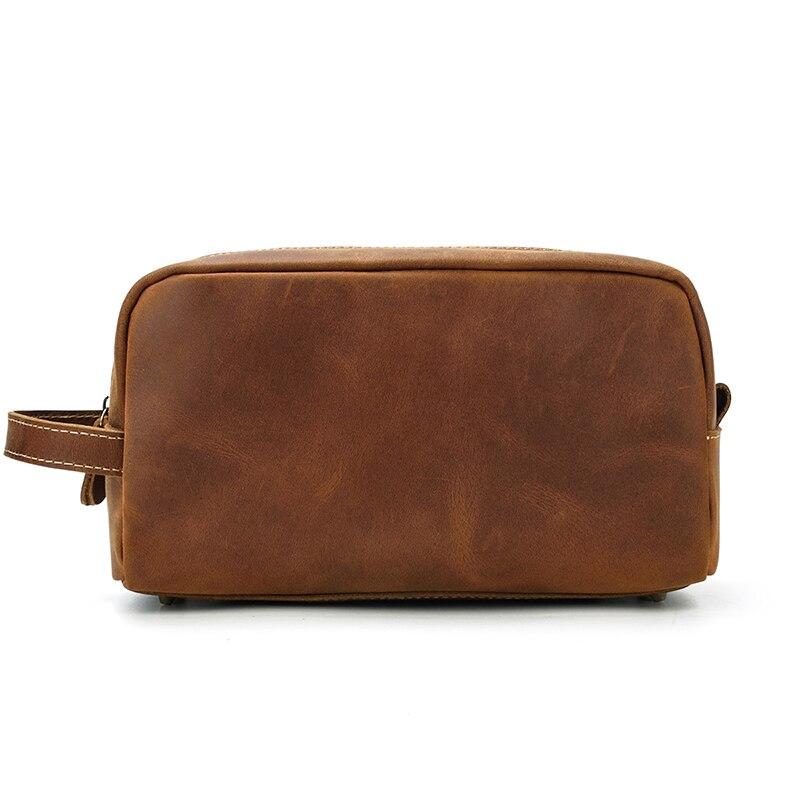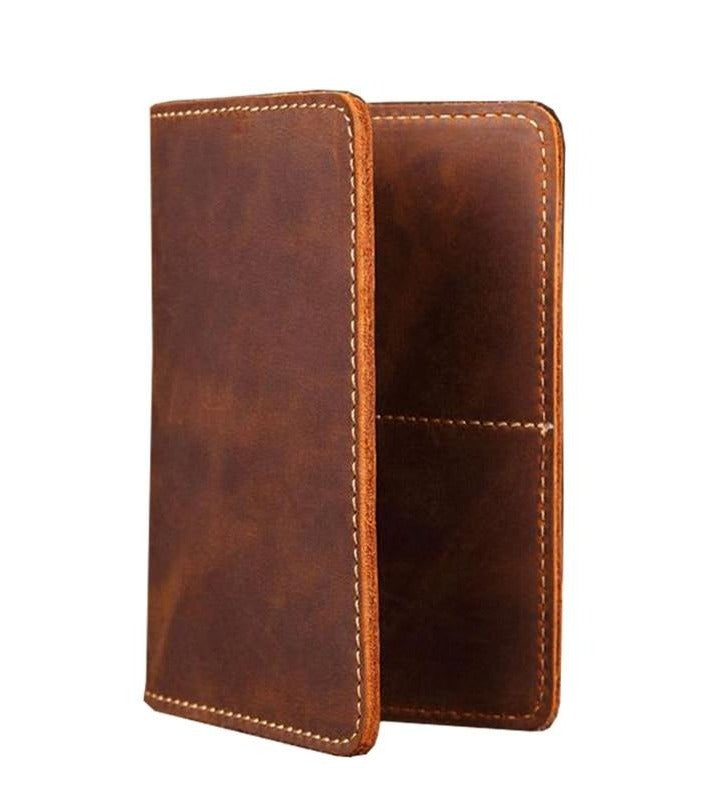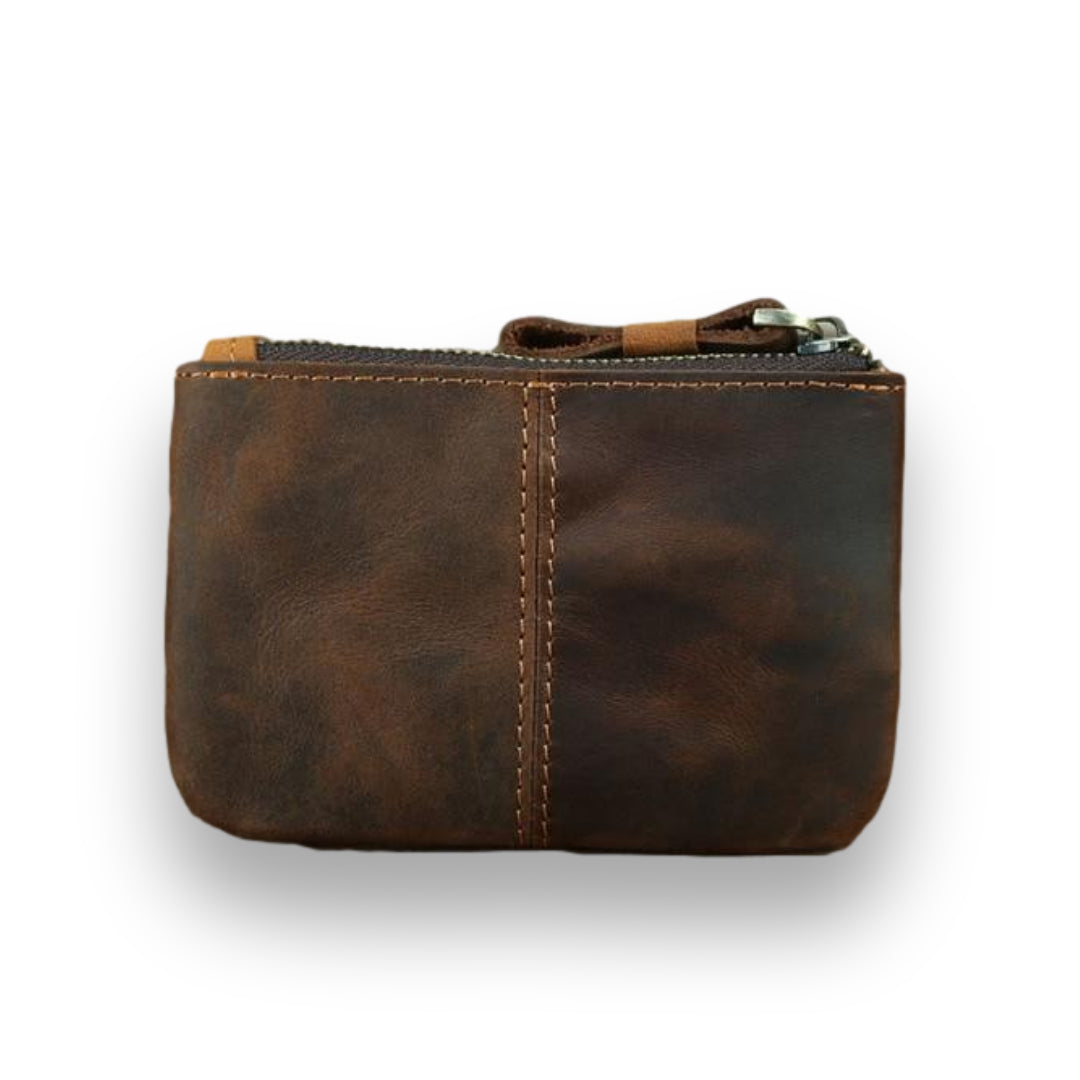Step into the world of leather craftsmanship where ancient methods meet modern flair in crafting leather belt bags. Immerse yourself in the artistry of traditional stitching techniques, ensuring lasting durability and authenticity. Discover the secrets of advanced construction like edge painting for both aesthetics and strength while selecting top-grade leather for a luxurious finish. Explore innovative assembly methods that balance efficiency and precision seamlessly. Embark on the intricate world of material selection, preparation, and quality assurance. Uncover the sustainability practices intertwined with craftsmanship. Unravel the tapestry of craftsmanship techniques that culminate in the creation of exquisite leather belt bags.
Key Takeaways
-
Traditional hand stitching and saddle stitching techniques provide superior durability and authenticity compared to machine stitching, creating products that can withstand the test of time
-
Advanced construction methods like edge painting and reinforced seams not only enhance the aesthetic appeal but also significantly improve the structural integrity and longevity of leather belt bags
-
Premium leather selection, particularly full-grain and vegetable-tanned leather, forms the foundation of quality craftsmanship and directly impacts the final product's durability and appearance
-
Sustainable and ethical sourcing practices are becoming increasingly important in leather craftsmanship, with eco-friendly production processes helping reduce environmental impact
-
Quality assurance through rigorous testing and field evaluation ensures that each leather belt bag meets the highest standards of craftsmanship and real-world performance
Why Trust Our Leather Craftsmanship Insights?

At Steel Horse Leather, we bring decades of hands-on experience in traditional leather craftsmanship to every piece we create. Our master artisans have dedicated their lives to perfecting the ancient art of leatherworking, combining time-honored techniques with meticulous attention to detail. We don't just write about leather belt bag construction—we live and breathe it every day in our workshop, where each bag is handcrafted using the same traditional methods and quality standards discussed in this article.
Our expertise extends beyond mere production to encompass every aspect of the leather supply chain. We've spent years thoroughly vetting leather providers, understanding tanning processes, and mastering the nuances of material selection that make the difference between an ordinary bag and an extraordinary one. This comprehensive knowledge allows us to share insights not just about technique, but about the philosophy and passion that drives exceptional leather craftsmanship. When we discuss construction methods, material quality, and sustainability practices, we speak from the authority of artisans who have made these principles the foundation of our craft.
Historical Development and Notable Proponents of Belt Bag Construction
| Historical Period/Aspect | Development in Belt Bag Construction | Purpose/Significance |
|---|---|---|
| Ancient Times | Originally designed as practical pouches worn around the waist. Fashioned from readily available materials. | Merged utility and style; offered convenience during labor-intensive tasks; served needs of everyday life. |
| As Societies Evolved | Transformed into fashion statements. Influenced by cultural shifts and demand for personalized accessories. | Reflected changing societal norms and individual expression. |
| Notable Proponents (Artisans/Craftsmen) | Perfected techniques in leatherworking; innovated designs for distinct functional needs; elevated craftsmanship standards. | Ensured longevity and quality; intertwined artistry with everyday practicality. |
| Modern Era | Modern creators continue to push boundaries of belt bag construction. | Honors historical roots while embracing contemporary aesthetics; continued evolution of the accessory. |
The historical development of belt bag construction traces back to ancient times, where utility and style merged to serve the needs of everyday life. Originally designed as practical pouches worn around the waist by various cultures, these early bags were fashioned from readily available materials, offering convenience during labor-intensive tasks. As societies evolved, so did belt bags; they transformed into fashion statements, influenced by cultural shifts and the burgeoning demand for personalized accessories. Notable proponents have emerged throughout history, including artisans who have perfected techniques in leatherworking, ensuring longevity and quality. These craftsmen not only innovated designs tailored for distinct functional needs but also elevated craftsmanship standards, intertwining artistry with everyday practicality. Today, we honor these historical roots and recognize modern creators who continue to push the boundaries of belt bag construction, honoring tradition while embracing contemporary aesthetics.
Appreciating the Artistry Behind Leather Belt Bags
Appreciating the intricate artistry behind leather belt bags allows you to explore the meticulous craftsmanship and attention to detail that define these functional accessories. Leather artisans bring forth innovative designs through sustainable practices, utilizing high-quality leather that undergoes precise leather cutting to create intricate designs. The construction techniques employed in crafting leather belt bags showcase the expertise and dedication of these skilled artisans.
Craftsmanship is at the core of every leather belt bag, with artisans honing their stitching techniques to guarantee durability and aesthetic appeal. Each stitch is carefully placed, contributing to the overall strength and beauty of the bag. The blend of traditional methods with modern design concepts results in a harmonious balance that appeals to those who appreciate both heritage and innovation.
Traditional Stitching Methods

As you delve into the traditional sewing methods used in making leather belt bags, you will come to admire the careful craftsmanship behind each hand-sewn detail. The hand sewing not only acts as a sign of genuineness but also brings a distinctive flair to every piece. Additionally, the saddle stitching technique utilized guarantees that the bags are not just visually appealing but also sturdy and robust, making them trustworthy partners for your daily escapades.
Hand Stitching: An Emblem of Authenticity
Crafting leather belt bags involves a detailed process that highlights the artistry and skill of traditional stitching methods, particularly hand stitching, recognized as a symbol of authenticity. Hand stitching on leather bags demands accuracy and patience, producing a professional finish that radiates authenticity. Leather shears are utilized to cut the material to the desired shape, while leather skiving machines thin down edges for seamless stitching. In contrast to leather sewing machines, hand stitching provides a hands-on connection to the craft, allowing for greater control over the process. Using a stitching pony keeps the leather steady during the detailed work. Mastering techniques in leather bag construction, especially hand stitching, guarantees durability and strength, distinguishing your creations with a touch of timeless elegance.
Saddle Stitching: Ensuring Durability and Strength
To guarantee durability and strength in traditional stitching methods for leather belt bags, mastering the technique of saddle stitching is crucial. Saddle stitching involves using two needles and a single thread, creating a strong and long-lasting seam. This method ensures that even if one stitch breaks, the rest will remain intact, unlike machine stitching. The process requires precision and patience, but the result is worth the effort. In the leather industry, saddle stitching is highly regarded for its ability to produce high-quality products that can withstand the test of time. By incorporating this technique into your leather craftsmanship and construction techniques, you can elevate your work to a level that is synonymous with excellence in modern leather cutting.
Advanced Construction Techniques
As you advance into the domain of advanced construction techniques for leather belt bags, you'll find that edge painting serves not only to enhance the aesthetics but also to improve the durability of your creation. Additionally, reinforced seams are vital in bolstering the structural integrity of the bag, ensuring it can withstand the rigors of everyday use with ease. These techniques, when executed with precision and care, will set your leather belt bags apart with their exquisite craftsmanship and longevity.
Edge Painting: Elevating the Aesthetics and Durability
Elevating both the aesthetics and durability of leather belt bags, edge painting stands out as an essential construction technique that adds a refined finish to the bag's edges. This intricate process involves carefully sharpening tools to guarantee precise application of paint along the edges of the leather. By meticulously painting the edges, craftsmen enhance the overall look of the bag while also providing a protective layer that helps prevent fraying and wear over time. Edge painting not only elevates the visual appeal of the bag but also contributes to its longevity, making it a vital step in leather craftsmanship. When executed with skill and attention to detail, edge painting becomes a signature element in creating high-quality leather accessories like belt bags.
Reinforced Seams: Enhancing Structural Integrity
Enhancing the structural integrity of leather belt bags, reinforced seams are an essential element in advanced construction techniques, ensuring durability and longevity for your accessory. To achieve this, craftsmen carefully select full-grain leather, known for its strength, and vegetable-tanned leather for stitching. Layers of leather are skived using a sharp blade to reduce bulkiness, allowing for a seamless connection. Precision is key when using a hole punch to create evenly spaced stitching holes. The reinforced seams are meticulously sewn together using a skiving knife to taper the edges, ensuring a smooth finish. This meticulous process results in a robust construction that can withstand daily wear and tear, complemented by an adjustable strap for added convenience.
Innovative Assembly Methods
You'll explore the art of machine stitching, where efficiency meets precision to craft leather belt bags with enduring quality. Discover the technique of heat bonding, seamlessly fusing materials together for a flawless and sleek finish that elevates the overall design. These innovative assembly methods showcase the intricate craftsmanship behind creating leather belt bags that are both functional and stylish.
Machine Stitching: Balancing Efficiency with Precision
In the domain of leather belt bag construction, achieving the delicate balance between efficiency and precision through innovative machine stitching techniques is paramount. When working with pieces of thinner leather in leather bag production, machine stitching offers a reliable method for securing seams with finesse. By carefully aligning the pieces and utilizing precise machine stitching, you can avoid unnecessary holes in the leather, ensuring a polished finish. Prioritizing safety during leather cutting and embracing eco-friendly materials further enhances the overall quality of the product. Machine stitching not only streamlines the assembly process but also contributes to the durability and aesthetic appeal of the belt bag. Remember, even with standard ground shipping, attention to detail in machine stitching elevates your craftsmanship.
Heat Bonding: Seamlessly Fusing Materials for a Sleek Finish
For achieving a sleek finish in leather belt bag construction, consider the innovative assembly method of heat bonding to seamlessly fuse materials together. Heat bonding involves using heat to meld materials, creating a strong and seamless bond. This technique is particularly effective for joining different types of materials, such as leather and fabric, without the need for visible stitching. By carefully controlling the temperature and pressure during the heat bonding process, craftsmen can guarantee a durable and professional-looking finish. This method allows for a clean aesthetic, with no stitches disrupting the surface, giving the leather belt bag a modern and refined appearance. Embracing heat bonding in your construction techniques showcases a commitment to quality craftsmanship and attention to detail in leather goods production.
Material Selection and Preparation

When crafting leather belt bags, it is important to select premium grades of leather to guarantee a superior final product. The preparation of leather involves intricate cutting and shaping techniques that set the foundation for the construction process. By meticulously choosing and preparing the leather, you lay the groundwork for creating a durable and stylish belt bag.
Choosing Premium Leather Grades for Superior Quality
Selecting premium leather grades is a meticulous process that sets the foundation for crafting superior quality belt bags. When choosing leather for your belt bag, opt for top-tier grades to guarantee durability and a luxurious finish. Premium quality leather, such as cowhide leather, undergoes a meticulous tanning process that enhances its strength and longevity. The surface of the leather is smooth, showcasing its natural beauty and quality. Craftsmanship starts with the right material choices, and sustainable leather options are ideal for those seeking both quality and eco-consciousness. By selecting the finest leather grades, you secure that your belt bag will not only be stylish but also stand the test of time, reflecting the essence of true craftsmanship in every stitch.
Preparing Leather for Construction: Cutting and Shaping Techniques
To begin crafting a leather belt bag, meticulously prepare the leather through cutting and shaping techniques, ensuring essential and quality in every step. When selecting a piece of leather, opt for a high-quality leather hide that suits your design. Lay the leather flat and mark your desired pattern using a straight edge. Utilize a sharp knife or leather knife to cut along the markings, ensuring clean edges. For intricate designs or curves, a rotary cutter may be more suitable. To create a beveled edge for a polished look, use a strap cutter or beveling tool. Each cut and shape plays a vital role in the final appearance and functionality of your leather belt bag, so take your time and pay attention to detail during this material selection and preparation process.
Customization Options
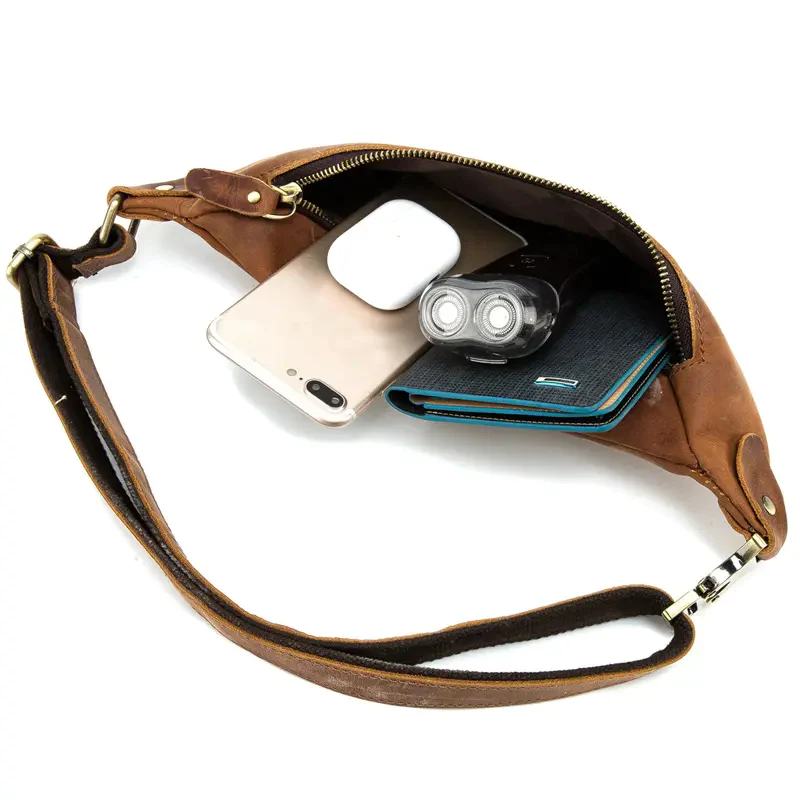
Embossing and Tooling: Adding Personalized Flourishes
Embossing and tooling techniques provide a unique opportunity to intricately customize leather belt bags, adding a touch of personalized flair to each piece. When embossing, a design is pressed into the leather using heated metal stamps, creating raised patterns. Tooling involves carving intricate designs directly into the leather's surface, allowing for a more three-dimensional effect. These personalized flourishes can range from initials to elaborate motifs, showcasing the craftsmanship and attention to detail in your creation. Experiment with different tools and patterns to find what resonates with your style and vision. The versatility of leather allows for endless possibilities in adding these personalized touches, making each belt bag a one-of-a-kind accessory that truly reflects your individuality and creativity.
Hardware Selection: From Buckles to Zippers
In customizing your leather belt bags, the selection of hardware, from buckles to zippers, offers a plethora of options to elevate the aesthetic and functionality of your creation. When choosing buckles, consider styles like important prong, snap, or magnetic for varying looks. Zippers come in different sizes and finishes, adding versatility to your design. Hardware selection is essential in enhancing the overall appeal and usability of your leather projects. To attach these elements, specialized tools such as rivets and setters are necessary. Maintain proper alignment when adding hardware to the belt strap to keep balance and functionality. Mastering the art of stitching leather around hardware is one of the advanced techniques that can truly set your work apart.
Practical Considerations
As you craft your leather belt bag, consider the practicality of your design choices. Incorporate pockets, compartments, and straps to enhance functionality. Remember to balance aesthetics with comfort, taking into account ergonomic considerations for a well-rounded accessory.
Designing for Functionality: Pockets, Compartments, and Straps
When designing leather belt bags for functionality, it is important to carefully consider the placement and size of pockets, compartments, and straps to guarantee practicality and convenience for the user. To create the perfect leather product, start by protecting the leather from moisture and ensuring a polished edge. Utilize a range of tools and practices for leather cutting to achieve complex designs. Use sided tape and a cloth tape measure to accurately mark and cut the leather. When adding pockets and compartments, think about the user's needs and the organization of items. Straps should be sturdy yet adjustable for comfort and flexibility. By paying attention to these details, you can elevate the production of leather goods to new heights of functionality and style.
Balancing Form with Comfort: Ergonomic Considerations
Consider the wearer's comfort and body mechanics when integrating ergonomic design elements into leather belt bags for a balance of form and functionality. Ergonomic considerations play a pivotal role in enhancing the user experience of these accessories. The crafting process involves carefully selecting materials and construction techniques that prioritize both durability and style. Design elements such as adjustable straps and padded compartments are essential for ensuring a comfortable fit and ease of use. By paying attention to ergonomic details, leather belt bags can offer not only a fashionable accessory but also a practical and functional one. Remember, the subtle incorporation of ergonomic features can elevate the overall design and make a significant difference in how the bag feels and functions during everyday wear.
Quality Assurance and Testing
You must prioritize quality control processes to guarantee the consistency and excellence of your leather belt bags. Field testing is essential to assess the durability and performance of your products in real-life scenarios. By meticulously conducting these tests, you can assure that your belt bags meet the highest standards of craftsmanship and functionality.
Quality Control Processes: Ensuring Consistency and Excellence
Quality control processes play an essential role in maintaining the consistency and excellence of leather belt bags through rigorous quality assurance and testing procedures. Every step in the construction techniques is meticulously monitored to guarantee the highest standards of craftsmanship. Detailed reports are generated at each phase, allowing for adjustments to be made promptly in accordance with the production plans. Manual techniques are employed to inspect the durability, stitching, and overall quality of the finished product. By adhering to strict quality control processes, the artisans assure that every leather belt bag that leaves their workshop meets the highest standards of excellence. This commitment to quality assurance not only secures customer satisfaction but also upholds the legacy of fine craftsmanship.
Field Testing: Assessing Durability and Performance in Real-life Scenarios
Field testing plays a pivotal role in evaluating the durability and performance of leather belt bags in real-life scenarios, ensuring they meet the highest standards of quality and reliability. Through meticulous evaluation in various conditions, craftsmen can master the construction techniques to enhance the bags' resilience and functionality. This testing phase involves subjecting the belt bags to rigorous challenges, analyzing how they endure daily wear, weather exposure, and weight-bearing tasks. By scrutinizing the bags' performance in real-life situations, craftsmen can refine their techniques, ensuring that each bag is a proof of their dedication to quality. Only through thorough field testing can the true craftsmanship and durability of leather belt bags be assessed, guaranteeing their longevity and satisfaction in practical use.
Sustainability in Construction
Embrace ethical sourcing practices and implement eco-friendly production processes to enhance the sustainability of your leather belt bags. By ensuring that the materials used are responsibly and ethically sourced, you contribute to a more environmentally friendly construction process. Implementing eco-friendly production methods not only reduces environmental impact but also aligns with the growing demand for sustainable fashion choices.
Embracing Ethical Sourcing Practices
To guarantee the sustainability of your leather belt bags' construction techniques, prioritize sourcing materials from ethical suppliers who adhere to environmentally conscious practices. Opt for recycled leather to address the environmental concerns associated with the leather industry. By supporting suppliers that implement sustainable practices, you can mitigate the negative impacts of the leather production process. Consider the wide range of options available from chemical manufacturers who are committed to reducing harm to the environment through their corporate operations. Embracing ethical sourcing practices not only benefits the present but also paves the way for a more sustainable future post in the leather goods industry. Make conscious choices that align with your values and contribute to a more eco-friendly world.
Implementing Eco-friendly Production Processes
When constructing leather belt bags, integrating eco-friendly production processes is essential for ensuring sustainability in the manufacturing process. In the leather industry, the design process can have a substantial impact on the environmental footprint. By opting for eco-friendly materials and reducing the use of a variety of chemicals, you can minimize the environmental impact. Additionally, implementing techniques like heat burnishing instead of chemical treatments and utilizing rotary blade skiving machines to reduce material waste can further enhance sustainability. Choosing shipping methods that prioritize carbon footprint reduction and sharing your eco-friendly practices in a blog post can inspire others in the leather industry to follow suit. Embracing eco-friendly production processes not only benefits the environment but also sets a standard for responsible craftsmanship.
The Best Belt Bags in The Market
When it comes to the best belt bags in the market, the Wagner Leather Waist Bag and The Walcott Leather Waist Bag stand out for their exceptional craftsmanship and stylish designs. These bags are not only functional for keeping your essentials secure but also elevate your outfit with their premium leather construction. Whether you're exploring the city or heading to a concert, these belt bags offer both practicality and fashion-forward appeal.
Wagner Leather Waist Bag
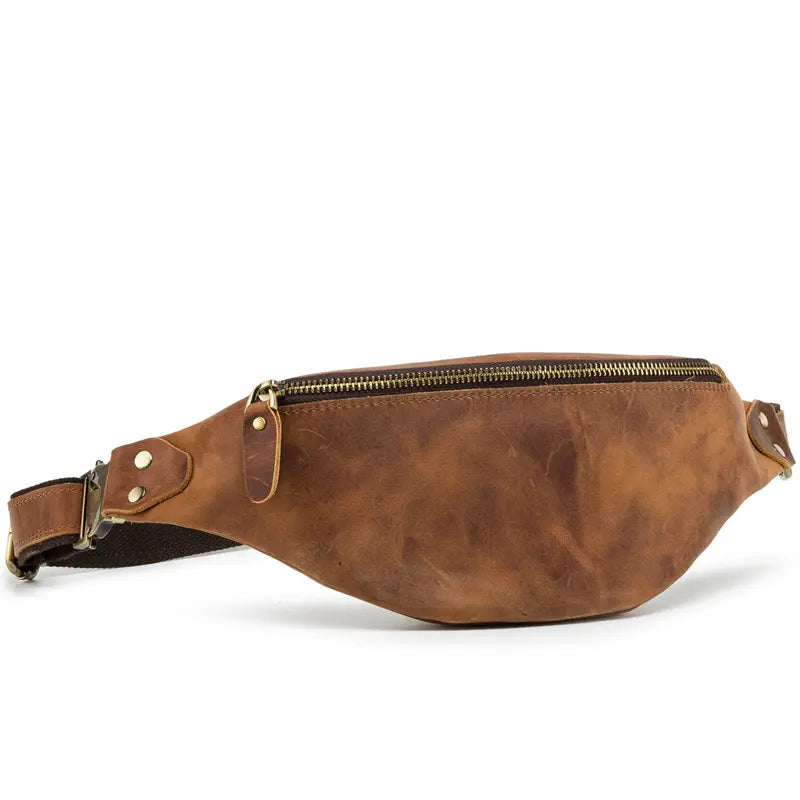
For the discerning individual seeking a blend of durability and unique character, the Wagner Leather Waist Bag stands out as the best choice among leather belt bags. Crafted from high-quality full-grain cowhide crazy horse leather, this bag boasts dimensions of 13.78 L x 4.53 H x 2.76 W and weighs a mere 1.19 lbs. The crazy horse leather undergoes a waxing process that enhances water resistance and durability, making it a reliable companion for your adventures. What sets this bag apart is its individuality; each piece is unique due to the wax application, and over time, it changes color and gains a distinctive character with use. Embrace the freedom of owning a piece that evolves with you, reflecting your journey and personal style.
Best For: Adventure seekers and travelers looking for a durable and unique waist bag that evolves in character with use.
Pros:
-
High-quality full-grain cowhide crazy horse leather for durability
-
Water-resistant waxed leather for added protection
-
Each bag is unique, gaining character over time
Cons:
-
May be heavier compared to other waist bags
The Walcott Leather Waist Bag
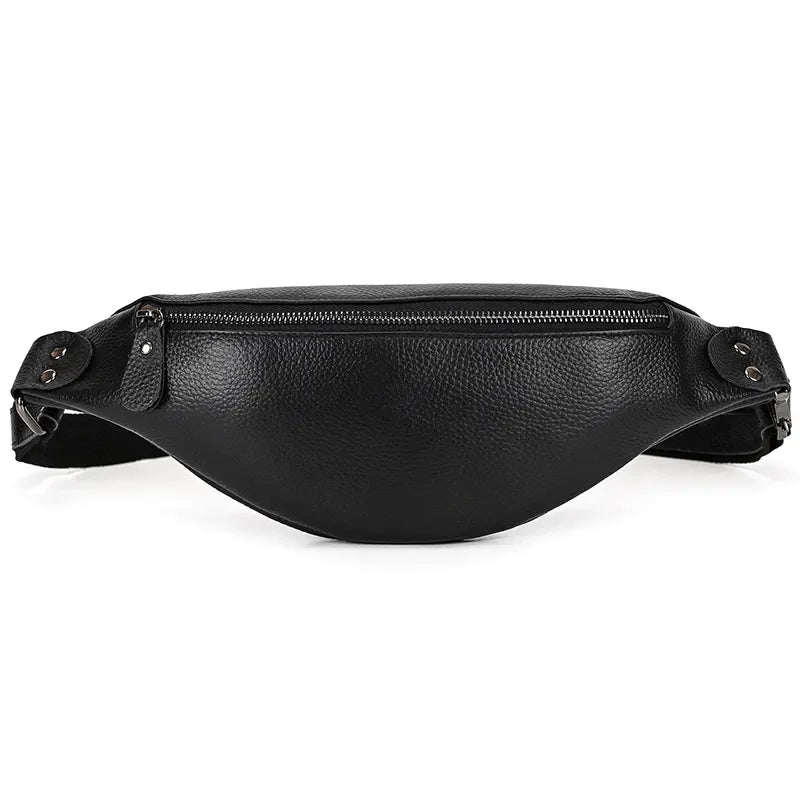
The Walcott Leather Waist Bag stands out as the ultimate choice for those seeking unparalleled craftsmanship and timeless style in leather belt bags. Crafted from high-quality full-grain black pebbled leather, this bag exudes luxury and durability. The crazy horse leather used in its construction adds a unique vintage touch while providing exceptional water and liquid assurance. Each bag is meticulously designed to be strong, durable, and resistant to the test of time, developing a beautiful antique appearance with use. Ordering is simple - just click, select, and proceed to checkout with various payment options available. Returns are hassle-free within 30 days, and international shipping guarantees you can enjoy this masterpiece wherever you are. Choose the Walcott Leather Waist Bag for a blend of functionality and style that complements your freedom-seeking spirit.
Best For: Those who value both style and functionality in a durable and water-resistant leather waist bag.
Pros:
-
Crafted from high-quality full-grain black pebbled leather for luxury and durability
-
Crazy horse leather adds a unique vintage touch and exceptional water resistance
-
Easy ordering process with various payment options and hassle-free returns within 30 days
Cons:
-
May be on the pricier side compared to synthetic alternatives
Frequently Asked Questions
Can Leather Belt Bags Be Worn in Different Ways Other Than on the Waist?
You can definitely rock a leather belt bag in multiple ways beyond just around your waist! Try slinging it crossbody for a more casual vibe using an adjustable shoulder strap, or even loop it through your favorite jeans for a trendy look. Want to experiment? Wear it as a stylish leather crossbody bag, or style it as a mini purse by detaching the belt strap. The versatility of leather belt bags allows you to express your unique style effortlessly for daily wear. Consider adding a wristlet strap for hands-free convenience, or explore edgy leather styles that complement your personal aesthetic.
How Do Leather Belt Bags Compare in Terms of Durability to Other Types of Bags?
When it comes to durability, leather belt bags are like the superheroes of the bag world. They can withstand the test of time like a champ, outshining other types of bags. The sturdy real leather material and quality craftsmanship, often featuring crazy horse leather construction, guarantee that your bag will stay by your side through thick and thin. High-quality products in the leather industry utilize advanced construction techniques and superior tensile strength that far exceed synthetic alternatives. The construction types vary, but quality materials and professional finish ensure these bags maintain their integrity even under heavy use. So, if you're looking for a trusty companion that can handle whatever life throws your way, a leather belt bag made with high-quality crazy horse leather is your best bet.
Are There Any Special Care Instructions for Maintaining Leather Belt Bags?
To keep your leather belt bag in top shape, wipe it with a damp cloth to remove dirt and protect the raw edges. Then, apply a leather conditioner to keep the material supple and maintain the polished finish. Edge painting techniques can help seal and protect exposed leather edges from wear. Avoid exposing it to direct sunlight or extreme heat to prevent drying out, especially with faux leathers that may be more susceptible to damage. Store it in a cool, dry place when not in use, ensuring the finished product maintains its original stitching quality. Following these basic techniques and care instructions will help maintain the beauty and longevity of your leather belt bag while preserving the durable finish that makes it a lasting investment.
What Types of Closures Are Commonly Used on Leather Belt Bags and How Do They Impact the Design and Functionality?
When it comes to leather belt bags, closures play an essential role in both design and functionality. Common closures include zippers, buckles, snaps, and magnetic clasps. Zipper closures offer security but can be less visually appealing, while buckles provide a classic look but may take longer to open. The saddle stitching technique around closure areas adds both strength and visual appeal to the finished product. Snaps offer a balance of security and accessibility, and when combined with quality construction techniques, they provide reliable daily use. Magnetic clasps are convenient but may not be as secure for items requiring extra protection. Each closure type brings its unique style and practicality to the belt bag design, and the choice often depends on the level of quality desired and the specific construction types employed by the manufacturer.
How Can Consumers Differentiate Between High-Quality Leather Belt Bags and Lower-Quality Ones When Shopping in the Market?
When shopping for leather belt bags, look for details like stitching quality, hardware durability, and the feel of the leather. High-quality bags typically have precise stitching using professional construction techniques, sturdy zippers with proper seam allowance, and smooth, supple leather with excellent tensile strength. The fashion industry standards dictate that superior bags feature neat seam work and quality materials throughout the construction process. Lower-quality options may have loose threads, flimsy hardware, or stiff material that feels synthetic. Pay attention to these design principles and examine whether the bag uses real leather versus cheaper alternatives.
Look for additional quality indicators such as reinforced stress points, proper interfacing types that provide structure without bulk, and attention to details like neat corner construction and straight edge finishing. A well-constructed bag will have ample storage space with thoughtfully designed compartments, including features like a slip pocket or special pocket for organization. The level of body and overall construction should feel substantial without being overly stiff.
Consider the bag's design projects - does it show evidence of careful planning and execution? Quality bags often feature intricate designs that showcase skilled craftsmanship, while maintaining functional openings that serve practical purposes. Eco-friendly materials are increasingly important, so inquire about the sourcing and tanning processes used. Pay attention to these comprehensive aspects to guarantee you're investing in a durable, stylish accessory that will last for years to come and provide excellent value for your investment in the growing leather goods market.
Conclusion
As you marvel at the intricate construction techniques of leather belt bags, remember the craftsmanship and dedication that goes into each piece. Take, for example, the hand-stitched belt bag made by a seasoned artisan using traditional methods passed down through generations. This bag not only serves as a functional accessory but also embodies a legacy of skill and artistry that is truly timeless. Appreciate the beauty and mastery behind every stitch.
Leather Belt Bag Style Configurator
Discover the perfect leather belt bag combination for your lifestyle with our interactive style configurator. This tool helps you visualize how different leather types, colors, and styling options complement various occasions and outfits, bringing the versatility discussed in our article to life. Experiment with different configurations to see how a single leather belt bag can transform from casual to professional to formal wear.



















